ซื้อประกันอุบัติเหตุพ่อแม่ที่ไหนดี? ที่เหมาะสมกับผู้สูงอายุ
ขอมาตอบคำถามว่าทำไมประกันอุบัติเหตุผู้สูงอายุถึงสำคัญ แล้วจะเลือกซื้อประกันอุบัติเหตุพ่อแม่ที่ไหนดี?
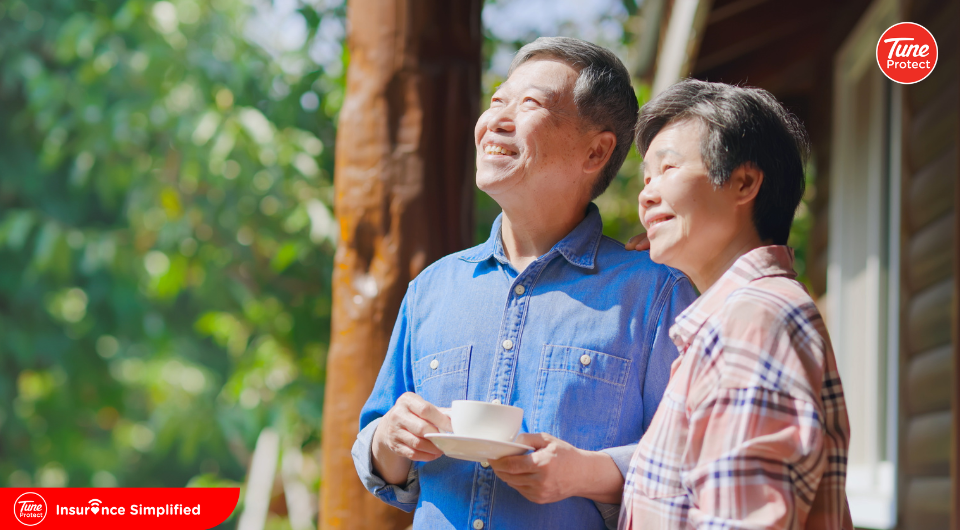
ขอมาตอบคำถามว่าทำไมประกันอุบัติเหตุผู้สูงอายุถึงสำคัญ แล้วจะเลือกซื้อประกันอุบัติเหตุพ่อแม่ที่ไหนดี?

เปรียบเทียบซื้อบ้านมือสองกับบ้านมือหนึ่งว่ามีข้อได้เปรียบอย่างไรบ้าง และไขข้อสงสัยว่าประกันบ้านจำเป็นแค่ไหนในการซื้อบ้าน

ควรซื้อประกันการเดินทางแบบใดดี ควรซื้อประกันเดินทางรายปีดีหรือไม่? และควรจะเลือกซื้อแบบไหนเพื่อความคุ้มค่าที่สุด

มารู้จักงาน World Expo 2025 ว่าเป็นงานเกี่ยวกับอะไร ทำไมถึงต้องมีงานนี้เกิดขึ้นด้วย และเป็นงานที่น่าไปมากขนาดไหน
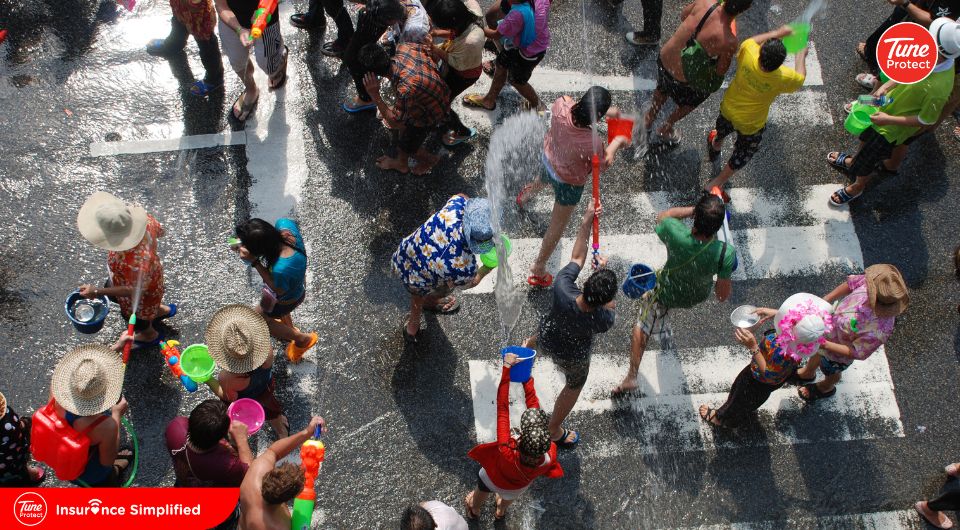
มาแนะนำที่เที่ยวสงกรานต์ 2568 ทั้งในประเทศและต่างประเทศจะมีที่ไหนน่าไปบ้าง กิจกรรมไหนน่าทำ ติดตามได้ในบทความนี้

รวมทริปสถานที่ขอหวย 2568 ถ้าอยากดวงดีต้องไปขอโชคที่ไหน รวมถึงทริคมงคลที่ต้องทำหากอยากถูกรางวัลใหญ่สักครั้งในชีวิต

ก่อนถึงหน้าร้อน 2568 นี้ ควรเตรียมตัวอย่างไรเพื่อป้องกันโรคยอดฮิตประจำหน้าร้อน ติดตามได้ในบทความนี้เลย

เลือก“ประกันเดินทางต่างประเทศที่ไหนดี 2568”ที่ให้ความคุ้มครองครอบคลุม ไม่ต้องสำรองจ่าย วงเงินประกันเหมาะสม จะต้องพิจารณาแบบไหน

ขอพาฟรีแลนซ์และผู้ทำอาชีพอิสระทุกคนมาดูวิธีการสมัครประกันสังคมและสิทธิประกันสังคมที่ผู้ประกันตนจะได้รับการคุ้มครองกัน

มาดูกันเลยว่า การซื้อบ้านต้องเตรียมอะไรบ้าง? จะต้องเตรียมเงินเท่าไหร่? เพื่อจะมีบ้านในฝันได้อย่างสมบูรณ์แบบที่สุด

มาอธิบายเกี่ยวกับการทำประกันการเดินทางว่ามีความสำคัญอย่างไร วิธีการเลือกประกันให้ตอบโจทย์การท่องเที่ยวในแต่ละแบบมากที่สุด

เพียงทำตามคำแนะนำดังต่อไปนี้ ก็จะเข้าใจเลยว่า ทูน ประกันภัย เคลมอย่างไร? ต้องเตรียมเอกสารอะไรบ้าง
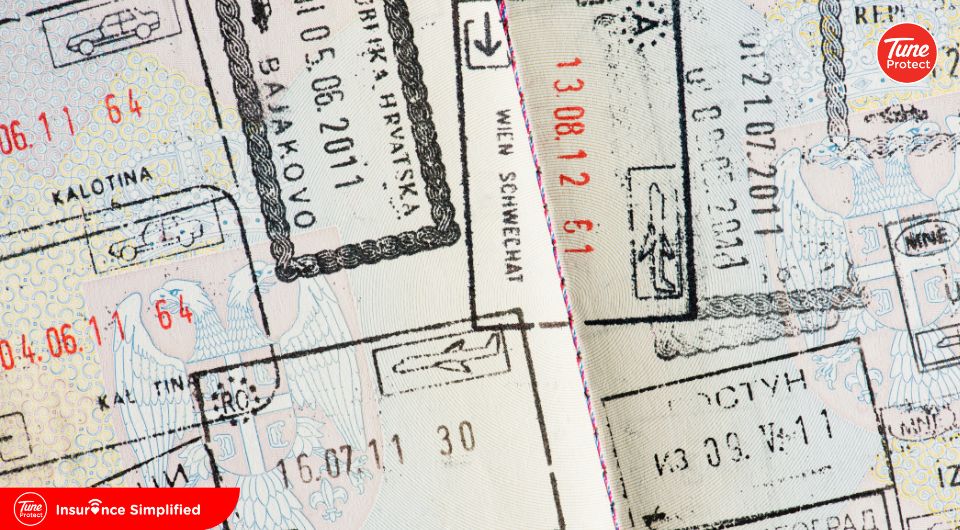
มาแนะนำวิธีการเตรียมตัวให้ผ่านต.ม.ทั้งคนพาสปอร์ตขาวหรือพาสปอร์ตทั่วไปและไปต่างประเทศต้องเตรียมอะไรบ้าง

รวบรวมและอัปเดตเบอร์ฉุกเฉินหรือเบอร์สายด่วนต่างๆ มาให้ผู้อ่านได้บันทึกเบอร์เหล่านี้เพื่อป้องกันอและจัดการเรื่องเร่งด่วนได้ทันท่วงที

ขอมานำเสนอที่มูฮ่องกง วัดดังในฮ่องกงปี 2025 กันว่าชาวฮ่องกงนิยมไปมูที่ไหนและไอเดียที่เที่ยวฮ่องกงและร้านอาหารที่ควรไป

ลิสต์ที่เที่ยวและกิจกรรมสุดโรแมนติกมาไว้ในบทความนี้ เพื่อเป็นไอเดียไว้สำหรับวันวาเลนไทน์ คาเฟ่ที่ต่างประเทศไว้เติมหวาน

มาบอกวิธีการจองตั๋วเครื่องบินราคาถูกกันว่าต้องจองแบบไหน เปรียบเทียบอย่างไร เพื่อให้ได้ตั๋วราคาประหยัดงบตรงใจทุกคนกัน
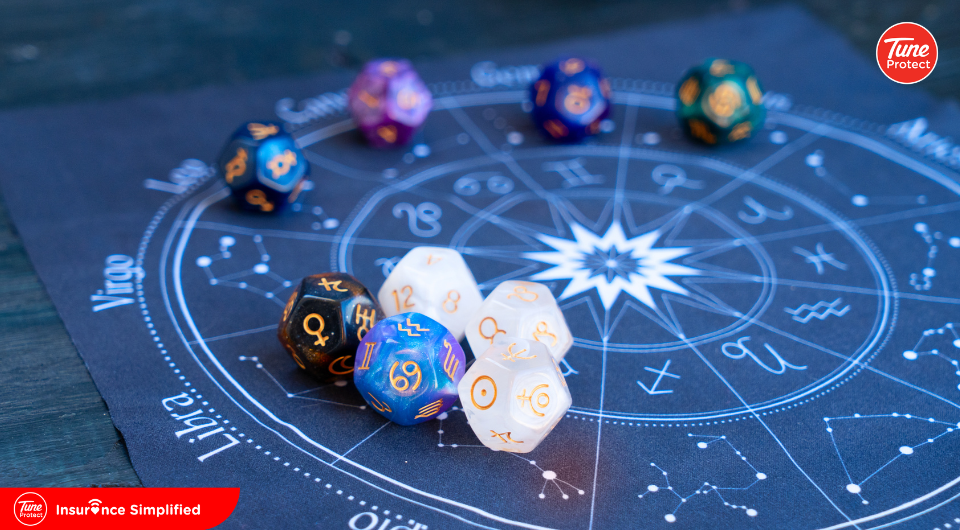
เปิดดูราศีดวงดีปี 2568 กันว่าแต่ละคนมีความโดดเด่นด้านการเงินแบบไหนหรือจะต้องระวังในการใช้เงินอย่างไร ติดตามได้ในบทความนี้

ขอมาอัปเดตสีเสื้อมงคล 2568 กันว่าปีนี้ต้องใส่สีไหนบ้าง พร้อมบอกวิธีดูตารางสีเสื้อมงคลว่าดูอย่างไร

เที่ยวจีนเมืองไหนดี? ลิสต์ 8 เมืองน่าเที่ยวที่ตอบโจทย์สายเที่ยวที่หลากหลายและทำให้การไปเที่ยวเมืองจีนเป็นอีกทริปที่น่าจดจำกัน

มาอัปเดตวันหยุด 2568 ถ้าอยากจะลาเพิ่มเพื่อให้เที่ยวยาวๆ ควรจะลาแบบไหนดี พร้อมแนะนำที่เที่ยวที่เหมาะกับการบินไปเที่ยวในแต่ละเดือน

โดยบทความนี้จะให้ข้อมูลของนักษัตรที่ชง แล้วแต่ละนักษัตรชงด้านใดบ้าง ถ้าชงแล้วต้องแก้เคล็ดและดูแลตัวเองอย่างไรดี

พาทุกคนมาทำความรู้จักโรคร้ายว่าแตกต่างจากโรคชนิดอื่นอย่างไร และประกันโรคร้ายจะให้ความคุ้มครองแค่ไหนและทำไมถึงควรมีประกันโรคร้าย

มาแนะนำ 5 แอปแลกเงินต่างประเทศที่ต้องมี เพื่อให้นักเดินทางทุกคนแลกเงินเรทดี ไปเที่ยวแบบไม่ต้องกังวลเลยว่าจะช้อปสะดุดหรือติดขัดตรงไหน

แนะนำว่าการพกยาไปต่างประเทศต้องทำอย่างไรบ้าง ยาสามัญที่สามารถนำไปมียาประเภทไหน รวมถึงยาห้ามเข้าต่างประเทศมีรายการใดบ้าง
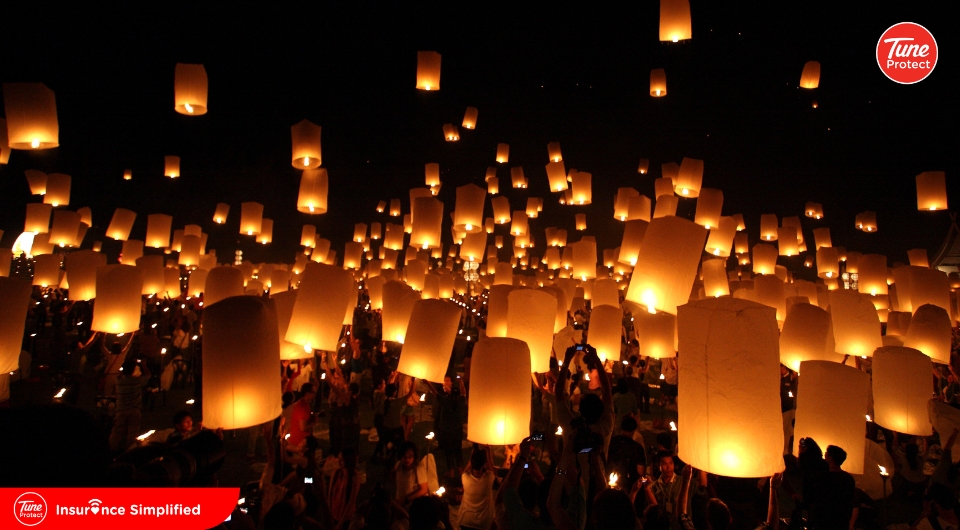
เคาท์ดาวน์ที่ไหนดี? นับถอยหลังปี 2025 เข้ามาใกล้ในทุกวันแล้ว มาดู 7 แลนด์มาร์กสำคัญที่มีทั้งในไทยและต่างประเทศ

เพราะอุบัติเหตุสามารถเกิดขึ้นได้ตลอดเวลา แล้วถ้าเกิดอุบัติเหตุประกันสังคมจ่ายเท่าไหร่? ทั้งเกิดจากการทำงานและไม่เกี่ยวข้อง บทความนี้มีคำตอบ

แนะนำการเที่ยวต่างประเทศคนเดียวที่เหมาะกับมือใหม่ว่าจะเลือกประเทศเหล่านั้นอย่างไรดีและมีประเทศไหนเหมาะกับสายเริ่มเที่ยวคนเดียวบ้าง

ลิสต์ประเทศที่ต้องมีประกันเดินทางก่อนไปเที่ยว

การเดินทางไปเที่ยวต่างประเทศ ถือเป็นประสบการณ์ที่น่าสนุก ตื่นเต้น และสามารถสร้างความทรงจำอันล้ำค่าให้กับเราได้ แต่ในขณะเดียวกัน การออกไปในพื้นที่ที่ไม่คุ้นเคยอาจนำมาซึ่งความเสี่ยงที่คาดไม่ถึง ทั้งอุบัติเหตุ การเจ็บป่วย หรือเหตุการณ์ไม่คาดฝันอื่น ๆ ที่อาจส่งผลกระทบต่อการเดินทางและเงินงบประมาณที่คุณเตรียมไว้ด้วย
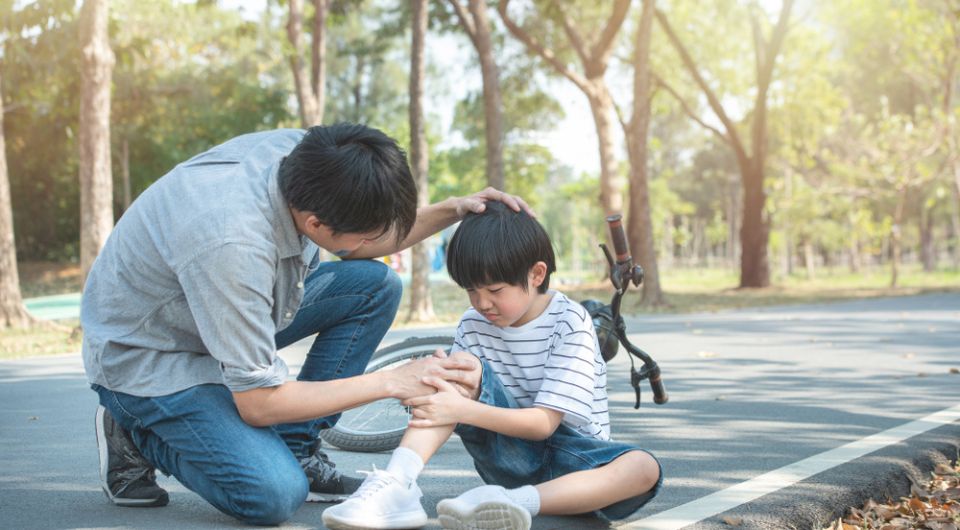
วัยเด็กเป็นวัยที่มีความซุกซน อยากรู้อยากลองเมื่อพบกับสิ่งรอบตัวที่ตนเองไม่คุ้นเคย จึงทำให้มีโอกาสเจ็บป่วย บาดเจ็บ หรือเสี่ยงต่อการเกิดอุบัติเหตุได้ง่าย อีกทั้งพ่อแม่หรือผู้ปกครองคงไม่สามารถดูแลบุตรหลานให้อยู่ในสายตาได้ตลอดเวลา โดยเฉพาะเมื่อถึงวัยเข้าโรงเรียน ดังนั้น สิ่งหนึ่งที่จะช่วยสร้างความมั่นใจให้กับคุณพ่อคุณแม่ได้เบื้องต้น ก็คือการทำประกันภัยเพื่อลูกรัก วันนี้ชวนมาทำความรู้จักกับประกันเด็กแต่ละรูปแบบ รวมถึงข้อดีต่าง ๆ ของการทำประกันประเภทนี้ และสิ่งที่ควรพิจารณาก่อนเลือกทำประกันอุบัติเหตุเด็ก พร้อมแนะนำประกันอุบัติเหตุเด็ก (PA kids) จาก Tune Protect ที่น่าสนใจ

ก่อนซื้อประกันเดินทางต่างประเทศ ควรเลือกแผนประกันที่คุ้มครองครอบคลุมหลายด้าน เหมาะกับจุดประสงค์ของการเดินทาง และดูวงเงินคุ้มครองให้สอดคล้องกับค่าเบี้ยประกันภัย
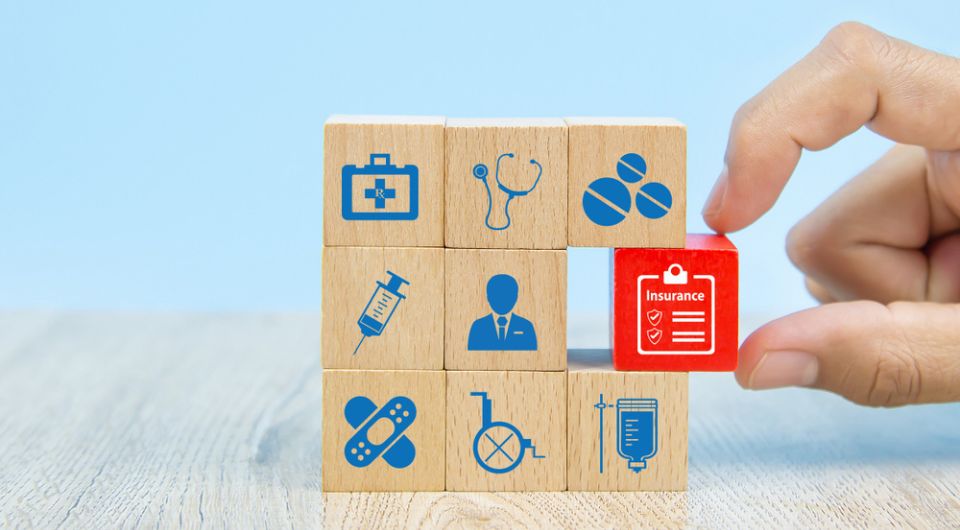
ค้นหาคำตอบเกี่ยวกับประกันอุบัติเหตุ ทำความเข้าใจประเภทต่าง ๆ ของประกันอุบัติเหตุหรือประกัน pa และเทคนิคเลือกซื้อประกันอุบัติเหตุ pa ที่เหมาะสมกับตัวคุณ

Tune Protect มีประกันภัยที่หลากหลาย ซึ่งประกันที่เป็นที่รู้จัก คือประกันการเดินทาง ทั้งประกัน iPass, iSmile, iTravel และประกันเดินทางในประเทศ ที่คุ้มครองครบถ้วน
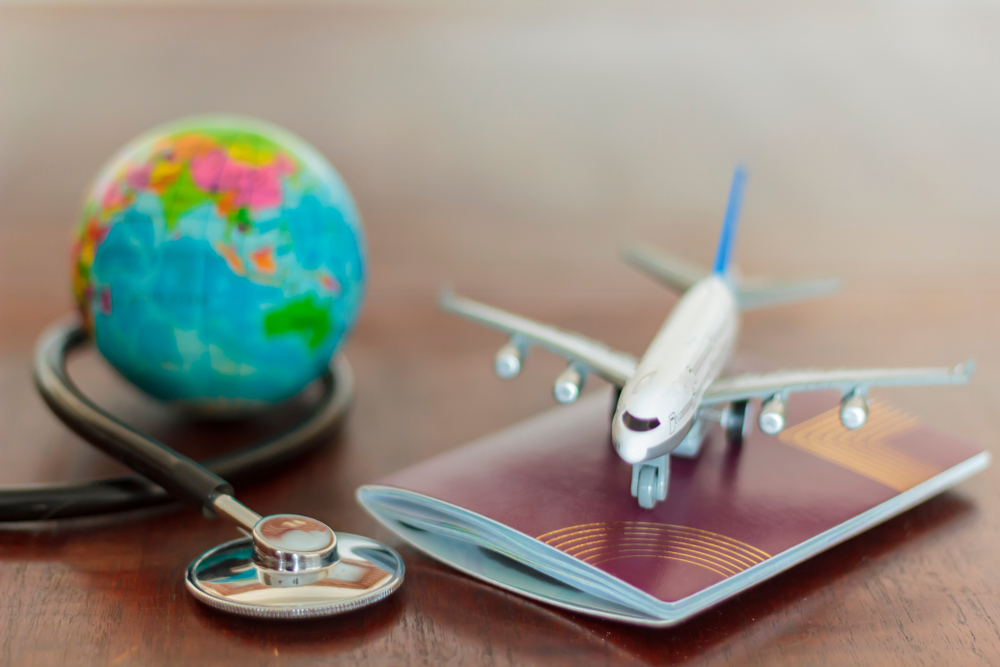
ก่อนซื้อประกันเดินทาง ควรศึกษาเงื่อนไขความคุ้มครอง เลือกแผนประกันที่เข้ากับทริปและสุขภาพ มีสิทธิประโยชน์เพิ่มเติม ที่สำคัญต้องเปรียบเทียบราคาก่อนทำด้วย

As New Year is coming, celebrating with friends and family is a must. What better way than to do it in a city that never sleeps like Bangkok. Here are the Top 5 places to go

เข้าสู่ปีใหม่ ถือได้ว่าเป็นช่วงเวลาแห่งการตั้งเป้าหมายชีวิตให้ดีกว่าเดิม บทความนี้จะแชร์ 10 วิธีรีเซ็ตตัวเองรับปีใหม่ ตั้งเป้าหมายให้ประสบความสำเร็จ ให้ชีวิตปังตลอดปี

เทศกาลปีใหม่ใกล้เข้ามาแล้ว หลายๆ คนคงกำลังวางแผนจัดทริปเพื่อไปฉลองปีใหม่กับคนที่คุณรัก แต่ใครที่เบื่อเคาน์ดาวน์ที่ไทย บทความนี้จะมาแจก 10 พิกัดฮิต เคาท์ดาวน์ต่างประเทศ แค่มีพาสปอร์ตก็เที่ยวได้

หลังสถานการณ์โควิด หลายคนอาจต้องรัดเข็มขัดประหยัดมากขึ้น แต่การเติมพลังด้วยการท่องเที่ยวยังเป็นสิ่งที่ต้องการ บทความนี้จะมาแชร์10 ที่เที่ยวต่างประเทศใกล้ไทย แบบประหยัดงบ หลังโควิดซา ช่วงเรทเงินดี๊ดี

ในการเดินทางเที่ยวต่างประเทศเพื่อพักผ่อน หลายท่านก็อยากไปในสถานที่ที่ปลอดภัยกับตนเอง บทความนี้ขอนำเสนอประเทศที่มีความปลอดภัยมากที่สุดในโลก และเหมาะแก่การท่องเที่ยวทุกไลฟ์สไตล์
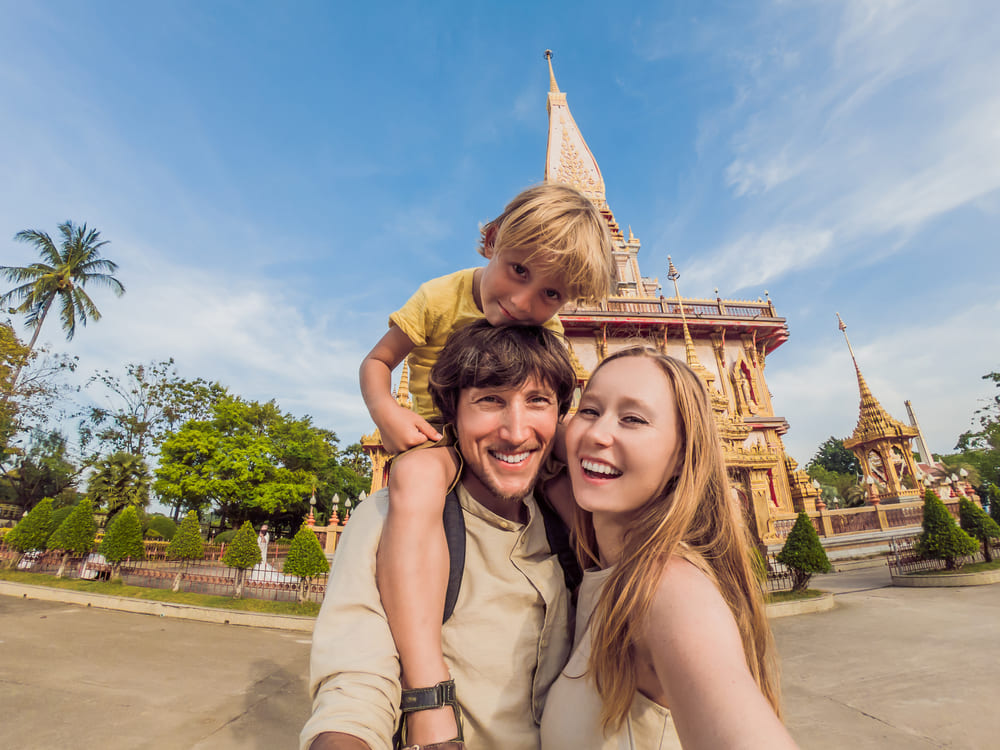
Not only does Thailand offer activities for travelers who like adventures, but there're also places that are family-friendly. Here are 10 of the Best Places for families

เข้าสู่ปลายฝนต้นหนาวแล้ว หลายคนคงอยากไปสัมผัสอากาศหนาวและชมทะเลหมอก บทความนี้รวมสถานที่ท่องเที่ยวที่ได้ทั้งสัมผัสอากาศเย็น พร้อมฟินกับวิวทะเลหมอกสุดตระการตา

มะเร็งปากมดลูกถือว่าเป็นโรคร้ายแรงที่ถูกพบมากในผู้หญิง ซึ่งเป็นภัยเงียบใกล้ตัว บทความนี้จะมาให้ความรู้เกี่ยวกับวิธีป้องกันและรับมือมะเร็งปากมดลูกต้องทำอย่างไร

การไปต่างประเทศถือเป็นการเปิดประสบการณ์ให้กับลูกน้อย ถ้าคุณพ่อคุณแม่อยากพาลูกพาหลานไปต่างประเทศด้วย จะต้องเตรียมตัวอย่างไร ยุ่งยากหรือไม่ บทความนี้มีคำตอบมาให้แล้ว

With stunning beaches, clear blue water, and warm weather, Thailand a top-tier destination. We are here to help you discover the best beaches in the country
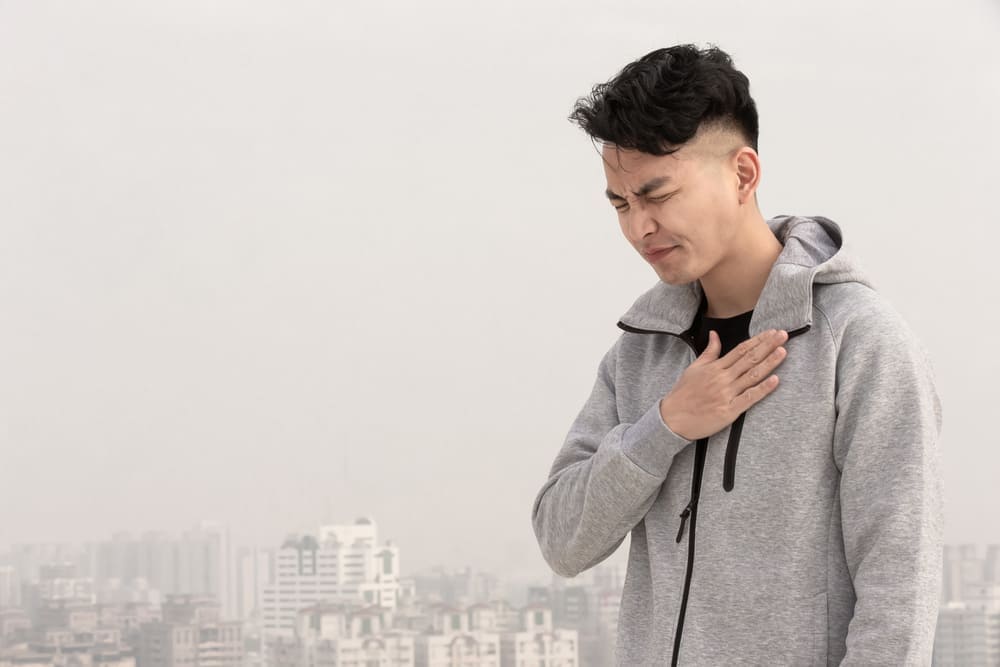
โรคมะเร็งถือว่าเป็นโรคร้ายแรงที่คร่าชีวิตผู้คนปีนึงหลักแสนคน ซึ่งโรคร้ายเหล่านี้ไม่มีใครอยากให้เกิด บทความนี้จะบอกอาการและสาเหตุ เพื่อให้ทุกคนได้ระวังและปฏิบัติตาม

24 Hours in Bangkok. The city that Never Sleeps

ยุโรปเป็นประเทศที่ใครหลายคนใฝ่ฝันอยากจะไป แต่ค่าใช้จ่ายคงประมาณถึงหลักแสน มาดูประเทศในยุโรปที่สามารถเที่ยวในงบหลักหมื่น และประกันภัยเดินทางต่างประเทศที่ควรมีติดตัว
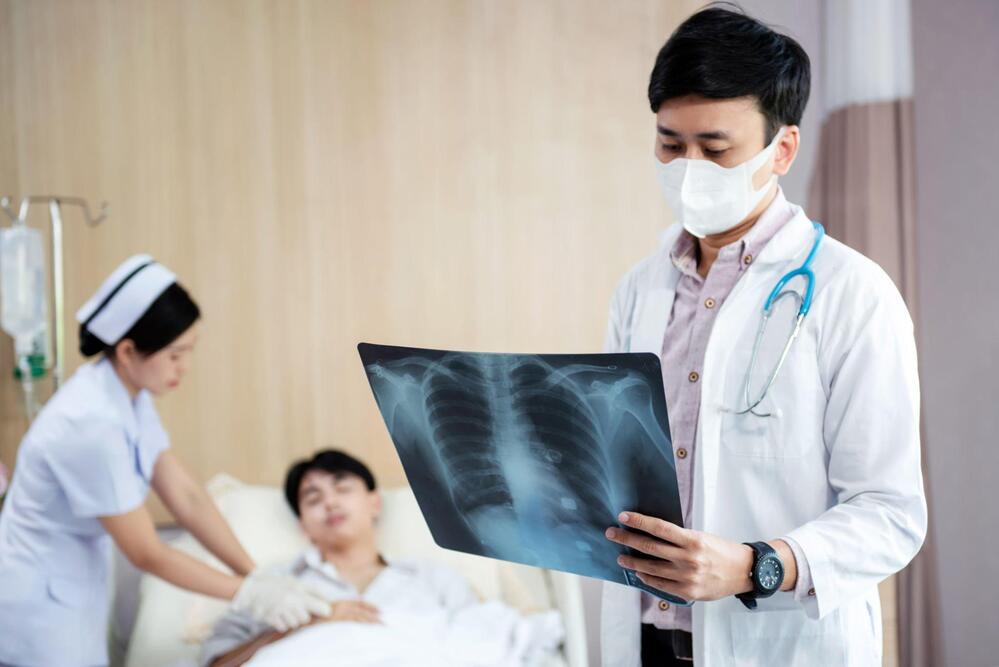
หากคุณมีประกันมะเร็งอยู่แล้วแต่ตรวจพบว่าเป็นมะเร็ง ไม่มั่นใจว่าสามารถต่อประกันในปีถัดไปได้หรือไม่ บทความนี้ขอแนะนำแผนประกันมะเร็งที่สามารถต่ออายุกรมธรรม์ในปีถัดไปได้
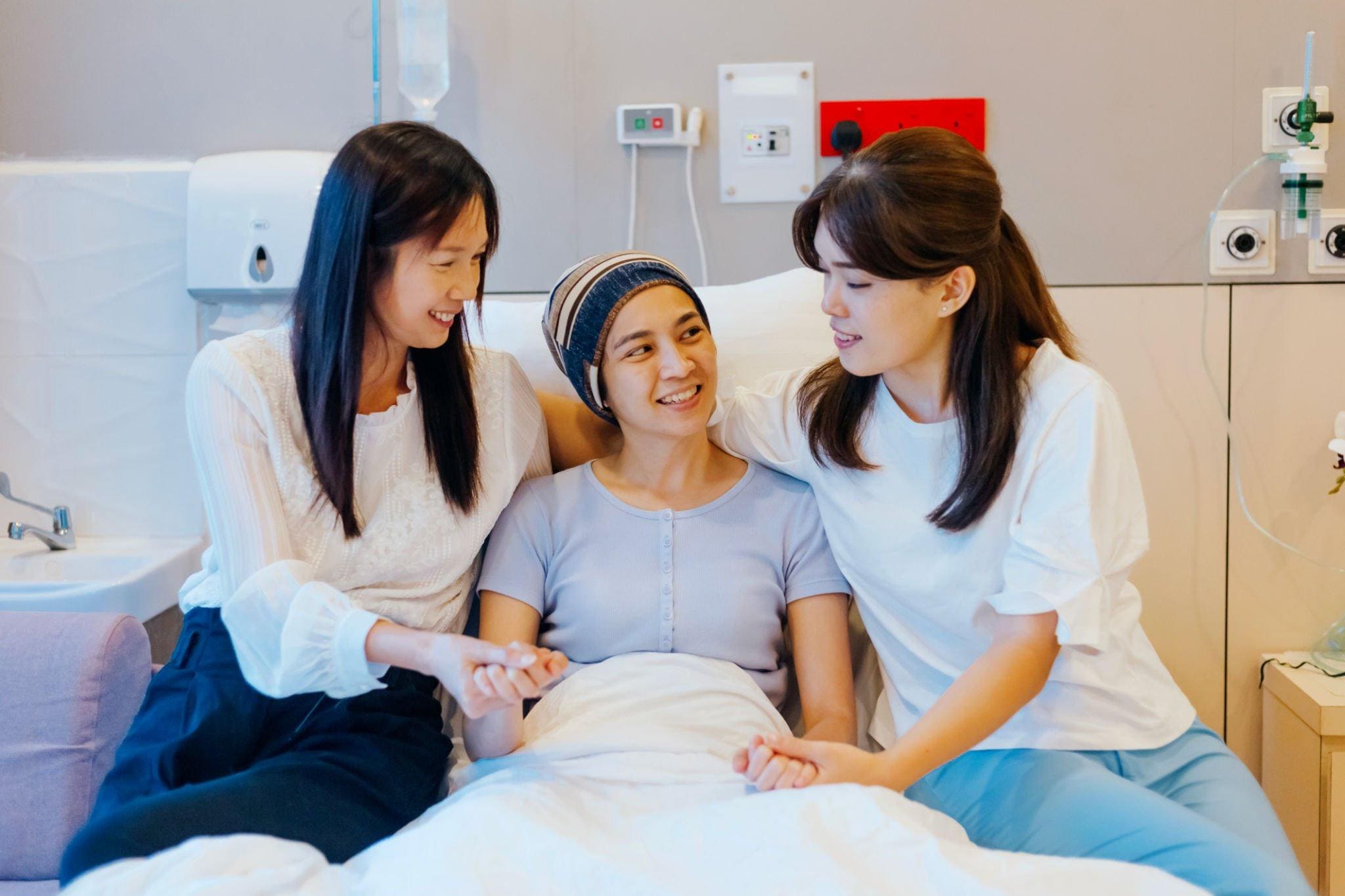
ทำประกันมะเร็งที่ไหนดี ที่เมื่อตรวจพบและจ่ายชดเชยทันที ไม่ว่าจะระยะไหน ขอแนะนำประกันมะเร็งจาก ทูน โพรเทค มีให้เลือกหลายแผน เหมาะสมกับอายุ คุ้มครองโรคมะเร็งทุกระยะ
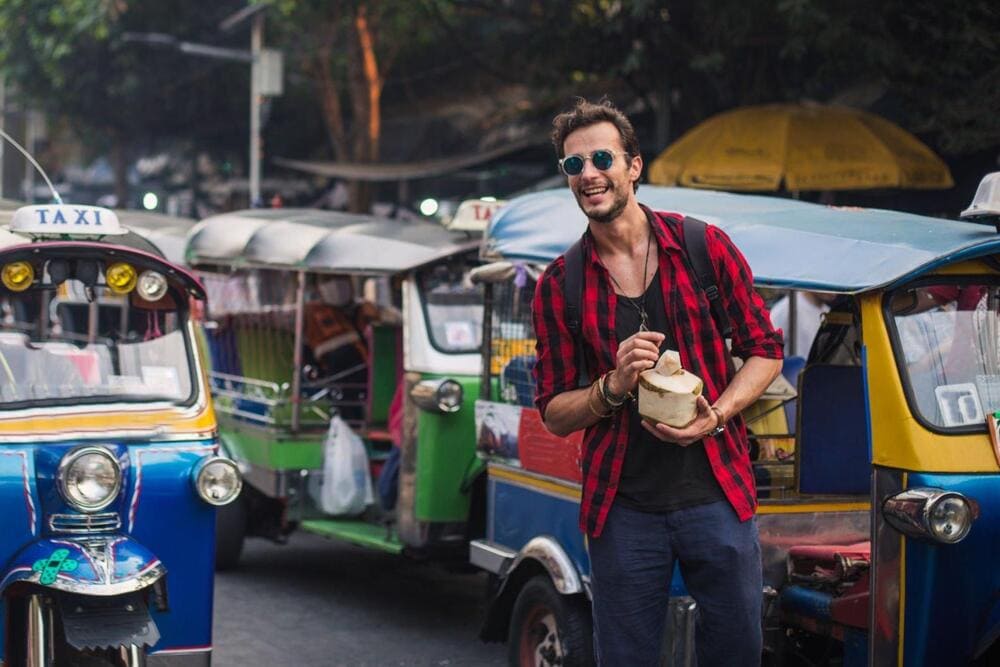
Apart from its gorgeous beaches and tropical weather, Thailand has a lot to offer! You can travel Thailand around the country all year round. Here are some guidelines.

พ่อค้า แม่ค้าออนไลน์ หรืออาชีพฟรีแลนซ์ที่หลายคนคิดจะทำ แต่อาชีพนี้มีความเสี่ยงรอบด้าน บทความนี้จะแชร์เกี่ยวกับความเสี่ยงและแนวทางในการรับมือกับสิ่งที่จะเกิดขึ้นตามมา

Traveling is all fun and games until you get sick or injured. Having travel insurance can save you from all additional costs that might happen when you're aboard.

วันหยุดยาวแบบนี้ ไม่อยากเที่ยวแบบช็อตฟีล หันมาเที่ยวเมืองรองกันดีไหม ได้เที่ยว ได้พักผ่อน แถมไม่ต้องแย่งกันเที่ยวด้วย Tune Protect รวบรวมมาไว้ให้แล้ว
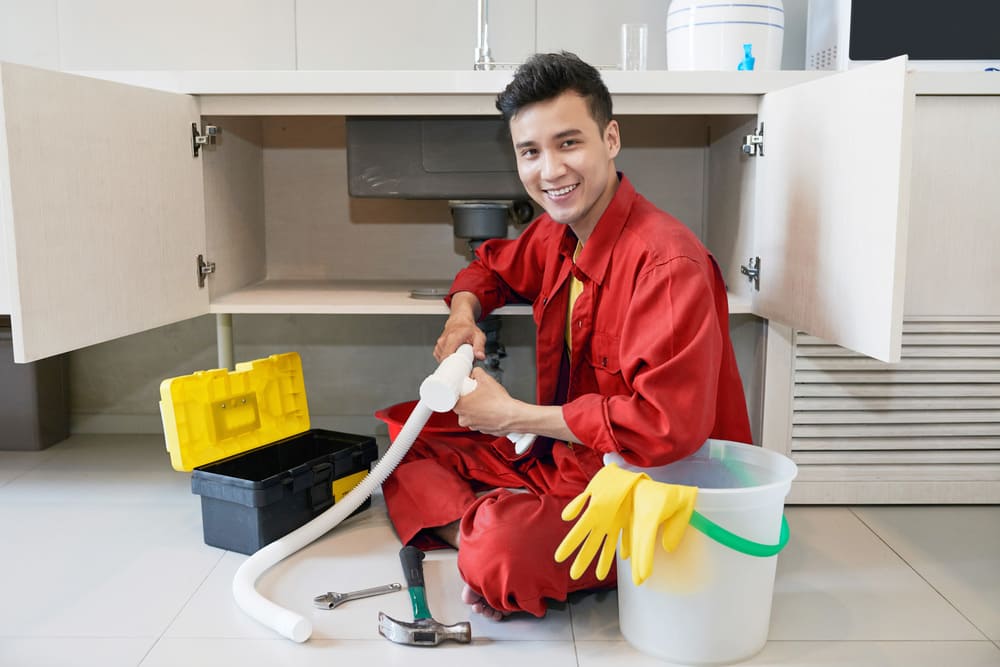
กำลังจะตัดสินใจทำประกันบ้านแต่ความคุ้มครองก็ไม่ครอบคลุม จะดีกว่าไหมถ้ามีบริการเสริม ที่คอยดูแลแบบครอบคลุม แม้เป็นมือใหม่ก็อุ่นใจเรื่องซ่อมบ้าน เพราะมีทีมผู้เชี่ยวชาญดูแลคุณ

ประกันชดเชยรายได้ถือเป็นประกันรูปแบบหนึ่งที่เหมาะกับทุกอาชีพ เมื่อเจ็บป่วยจนไม่สามารถทำงานได้ ก็ยังได้รับเงินชดเชย มาดูเรื่องควรรู้ก่อนทำประกันชดเชยรายได้มีอะไรบ้าง
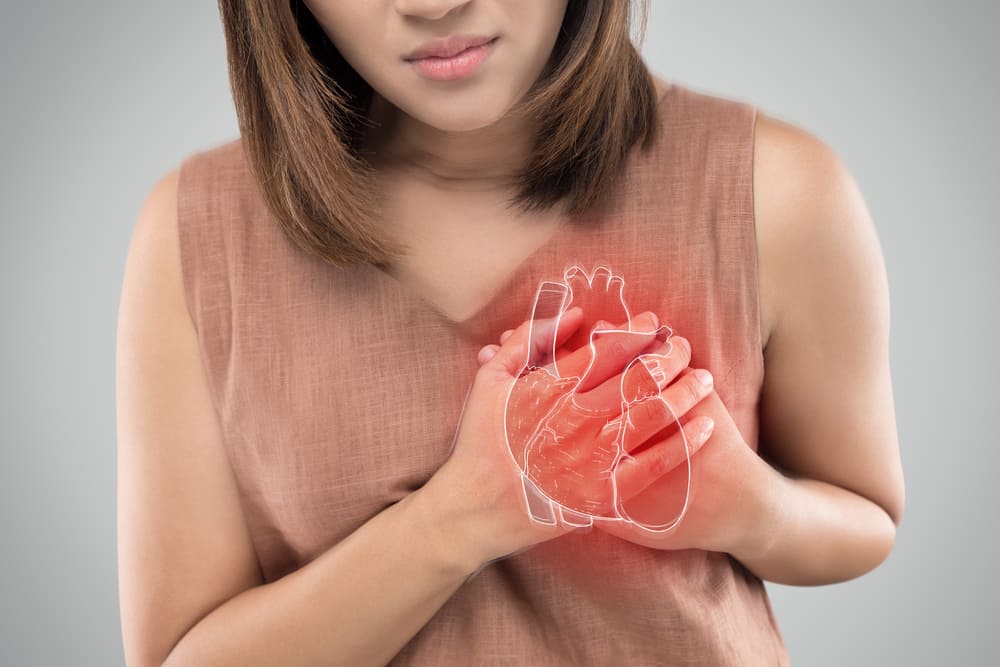
ค่าใช้จ่ายในการรักษาโรคหัวใจถือว่าเป็นค่าใช้จ่ายที่สูงมาก ตามทูนโพรเทคมาดูว่าในการรักษาแต่ละรูปแบบจะต้องใช้เงินรักษาเท่าไหร่ บทความนี้มีคำตอบ

ก่อนตัดสินใจซื้อประกันทรัพย์สินภายในบ้าน จำเป็นต้องมีความรู้และทำความเข้าใจในการเลือกทำประกันภัยบ้าน เพื่อให้ได้ความคุ้มครองที่ตอบโจทย์และจ่ายเบี้ยประกันอย่างคุ้มค่า
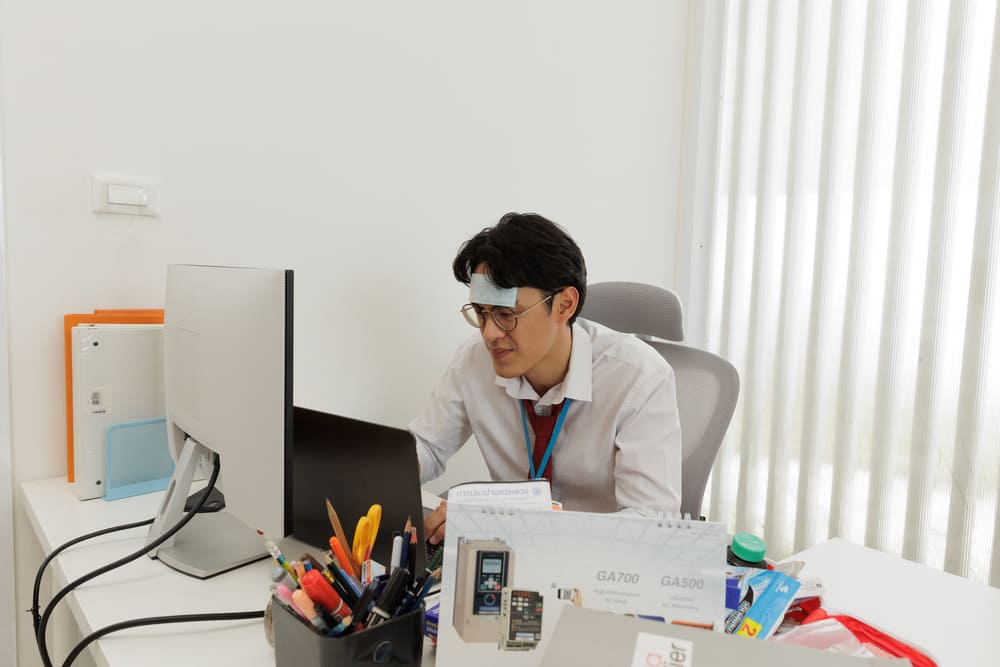
ประกันที่บริษัทเสนอให้อาจจะไม่ครอบคลุม นั่นเป็นเหตุผลว่าทำไมยังต้องมีประกันชดเชยรายได้ บทความนี้ทูน โพรเทคจะมาแนะนำว่าทำไมพนักงานประจำ ต้องมีประกันชดเชยรายได้

ใกล้เปิดเทอมผู้ปกครองไม่สามารถดูแลเด็ก ๆ ได้ตลอด การมีประกันอุบัติเหตุเด็กถือเป็นตัวช่วยที่ดี บทความนี้ ทูน โพรเทค มีวิธีการเลือกประกันอุบัติเหตุเด็กให้ลูกรักมาแนะนำ
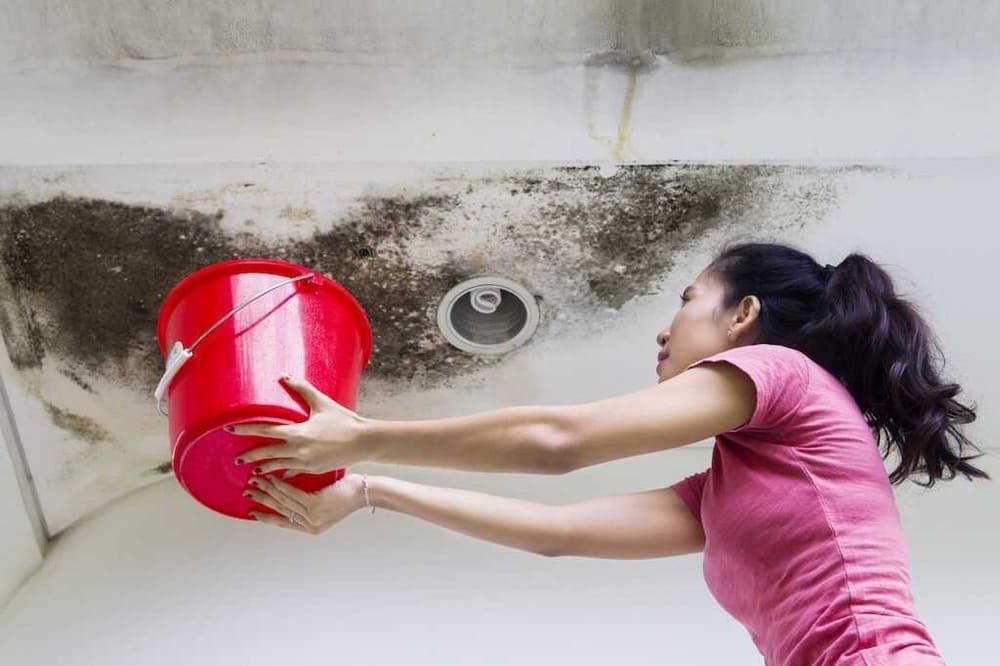
ใกล้เข้าหน้าฝนแล้ว วันนี้ ทูน โพรเทค มาแชร์วิธีเช็กบ้านให้พร้อมสำหรับหน้าฝน เพื่อความปลอดภัยในชีวิตและทรัพย์สินของทุกท่าน พร้อมทั้งมีประกันภัยบ้าน myHomeSmart มาแนะนำให้กับทุกคน

Thailand is stricter about its rule ever since covid-19. Having health insurance is not only a must to enter the country but also can save you from unexpected events.

Tune Protec ขอนำเสนอทริปท่องเที่ยวในราคาสุดสบายกระเป๋า และสามารถเที่ยวได้ครบทุกความต้องการ สนุกไม่แพ้ใคร พร้อมแนะนำประกันเดินทางที่เหมาะกับไลฟ์สไตล์การท่องเที่ยวของทุกคน

ประกันชดเชยรายได้กำลังเป็นสิ่งที่ถูกให้ความสนใจมากขึ้น Tune Protect ขอเสนอแผนประกันชดเชยรายได้ ที่เหมาะกับทุกความต้องการของทุกคน คุ้มครองและคอบคลุมได้อย่างตรงใจ

Hospital Cash (otherwise known as Hospital Income Insurance) has been a popular form of supplemental health coverage in Asia for over three decades.

When traveling, travel insurance is a necessity. For those who have no idea which one to choose. Make sure to get from a reliable insurance company and have the best offer.
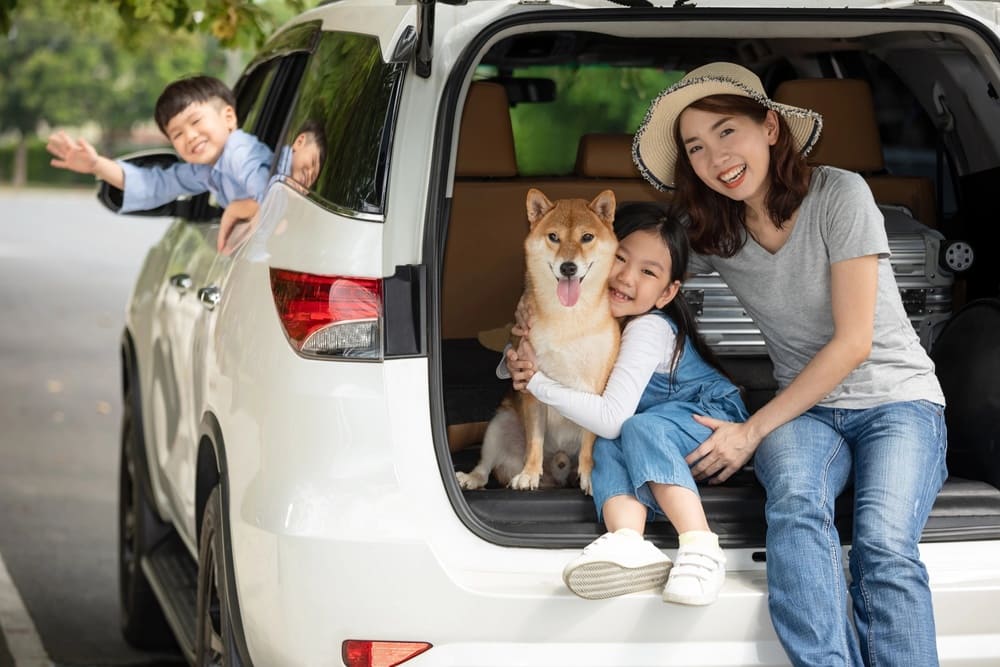
ใกล้เทศกาลวันหยุดยาวที่ทุกคนรอคอย หลายคนก็มีแพลนที่จะเดินทางขับรถท่องเที่ยวในจังหวัดต่างๆ บทความนี้ทูนโพรเทคมีสิ่งที่ควรเตรียมความพร้อมก่อนออกเดินทางมาบอกทุกคน

ทำไมขายของออนไลน์ต้องมีประกันชดเชยรายได้ บทความนี้มีคำตอบ และช่วยแนะนำประกันชดเชยรายได้ชิลชัวร์ให้กับพ่อค้าแม่ค้าออนไลน์ทุกคน

การมีประกันภัยอุบัติเหตุส่วนบุคคลถือเป็นหลักประกันในชีวิต บทความนี้ทูน โพรเทคพาทุกคนมาดูกันว่ามีอาชีพอะไรบ้างที่ประกันอุบัติเหตุส่วนบุคคลไม่รับ
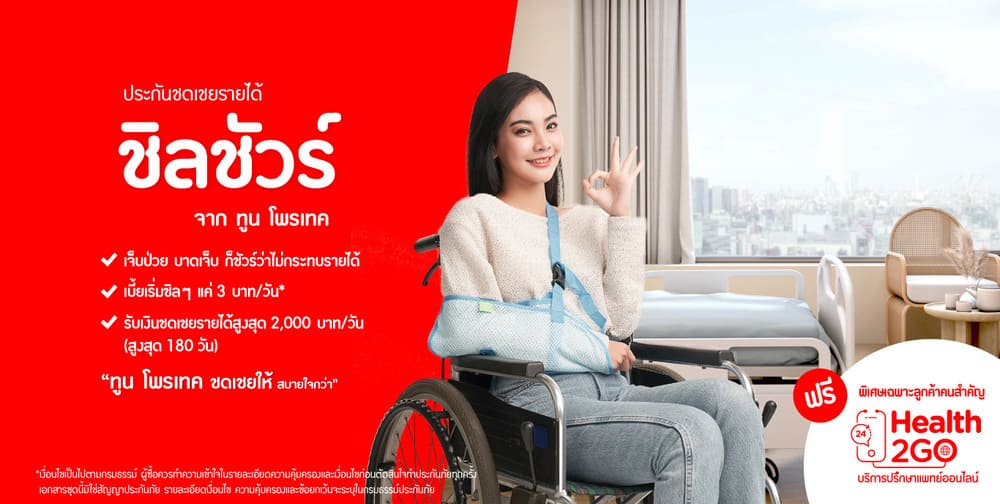
ประกันชดเชยรายได้ ชิลชัวร์จาก ทูน โพรเทค ดีกว่าอย่างไร วันนี้ ทูน โพรเทค มีคำตอบ ถือเป็นการเตรียมพร้อมที่สำคัญสำหรับทุกคน ไม่ว่าคุณจะเป็นพนักงานประจำ หรือทำธุรกิจส่วนตัว ขายของออนไลน์ ก็ควรซื้อประกันชดเชยรายได้ ชิลชัวร์ ติดไว้จะได้มีรายได้ชิลๆ ในวันที่ต้องนอนโรงพยาบาล

ประกันชดเชยรายได้ ถือว่าตอบโจทย์กับชีวิตยุคใหม่ ที่ผู้คนต่างก็โฟกัสกับการหารายได้ แล้วประกันชดเชยรายได้ ควรซื้อเมื่อใดถึงจะเหมาะสม วันนี้มีคำตอบ

วันนี้ ทูน โพรเทค มีข้อดีของการตรวจสุขภาพประจำปี และควรตรวจอะไรบ้างมาบอก เพื่อป้องกันโรคและภาวะผิดปกติในร่างกาย และ ถ้าจะซื้อประกันโรคร้ายแรง ซื้อที่ไหนดี
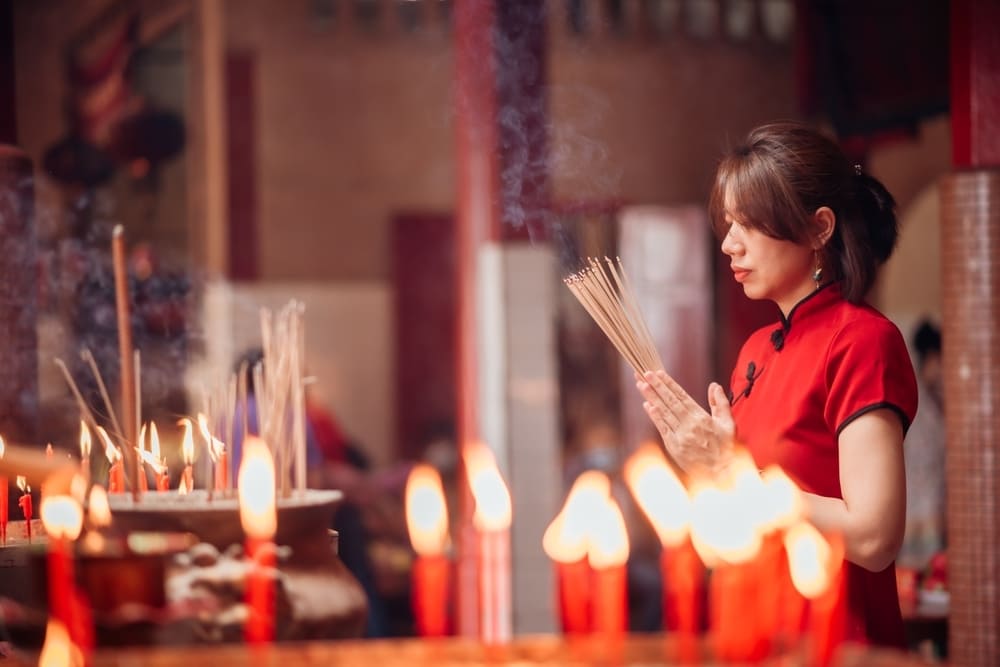
5 ศาลเจ้า ไหว้แก้ชงปี 2566 เสริมมงคลตลอดปี สำหรับคนที่เกิดตรงกับปีชง นอกจากไหว้พระที่ศาลเจ้าแล้ว อย่าลืมเลือกประกันภัยอุบัติเหตุส่วนบุคคลเพื่อให้ตัวเองอุ่นใจ
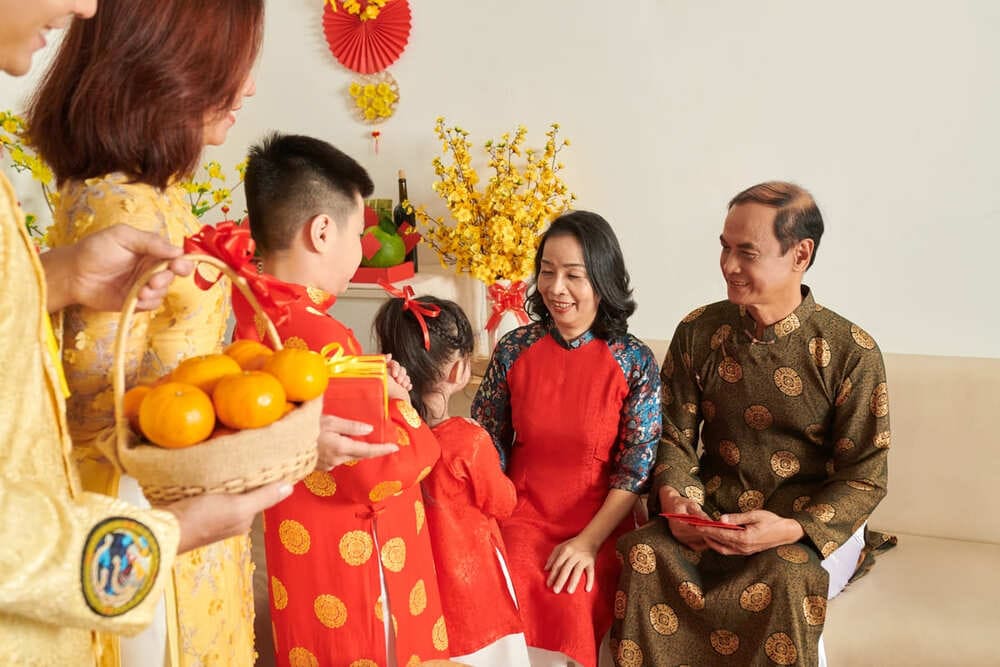
Tune Protect มีไอเดียการเลือกของขวัญเทศกาลตรุษจีน สำหรับผู้ใหญ่ที่เคารพนับถือ และการเลือกซื้อประกันอุบัติเหตุให้ก็ถือว่าเป็นไอเดียที่ดีเลย

มาวางแผนเที่ยวรับลมหนาวกัน มีประเทศไหนน่าไปบ้าง วันนี้ Tune Protect มีประเทศที่น่าสนใจมานำเสนอเป็นตัวช่วยให้คนที่กำลังจะวางแผนเที่ยว พร้อมเลือกทำประกันเดินทางมาฝาก

การซื้อประกันการเดินทางในประเทศไว้ล่วงหน้า ถือว่าเป็นการเตรียมพร้อมที่ดีมาก สำหรับคนที่สงสัยว่าควรจะซื้อประกันการเดินทางในประเทศล่วงหน้ากี่วันก่อนการเดินทาง Tune Protect มีคำตอบ

อาชีพฟรีแลนซ์เลือกประกันแบบไหนดี Tune Protect มีคำตอบ แนะนำการทำประกันชดเชยรายได้ที่เหมาะกับการทำงานและการใช้ชีวิต อุ่นใจได้แม้เป็นฟรีแลนซ์ อาชีพอิสระ
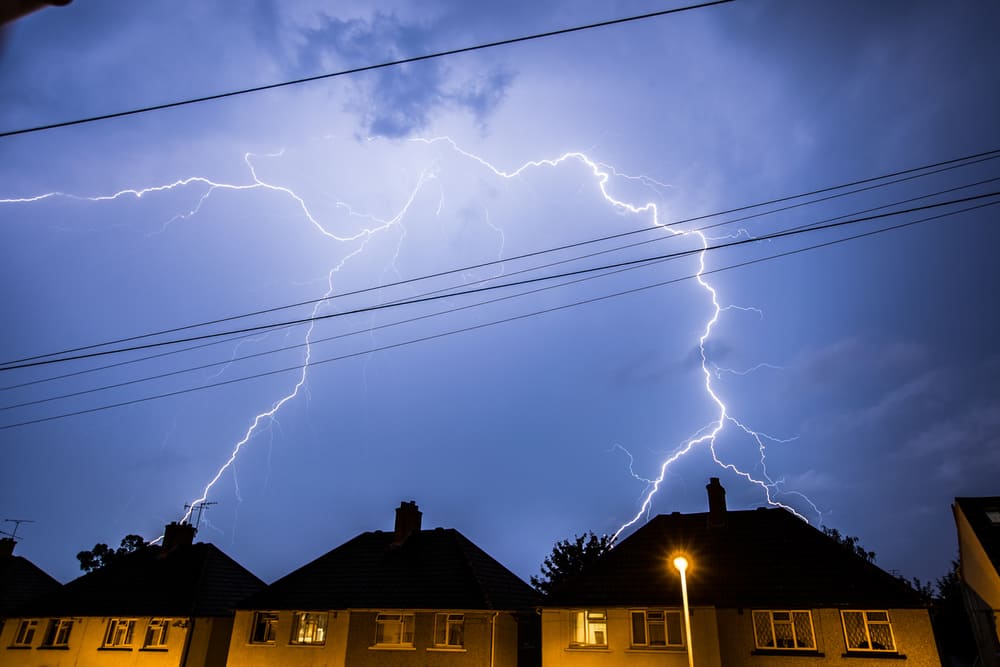
การซื้อประกันภัยบ้านและประกันภัยทรัพย์สิน จะได้รับการคุ้มครองที่ครอบคลุมทั้งในตัวบ้านและเครื่องใช้ไฟฟ้า เมื่อฟ้าผ่าสร้างความเสียหายให้กับระบบไฟในเครื่องใช้ไฟฟ้าก็สามารถยื่นเคลมได้

รู้หรือไม่ว่าหากคุณเกิดอุบัติเหตุเล็กน้อย ก็สามารถเคลมประกันเพื่อรับค่ารักษาพยาบาลและเงินชดเชยได้เช่นกัน มาดู 12 อุบัติเหตุเล็กน้อยที่เคลมประกันได้ ว่ามีอะไรบ้าง

เช็กลิสต์สิ่งที่ต้องเตรียมก่อนเดินทางไปต่างประเทศ วางแผนการเดินทาง พร้อมทำประกันเดินทางต่างประเทศ จะช่วยให้ทริปเป็นไปได้ด้วยดี ไม่ขาดตกบกพร่องสิ่งใดสิ่งหนึ่งไปได้

ทำความรู้จักประกันชดเชยรายได้ ประกันชดเชยรายได้ คืออะไร เหมาะกับใครบ้าง เหตุผลที่เราควรมีประกันชดเชยรายได้ เลือกประกันสุขภาพชดเชยรายได้แบบไหนให้เหมาะกับตัวเองที่สุด

ปัจจุบันการใช้ชีวิตประจำวันของเรานั้นเสี่ยงต่อการเป็นโรคเบาหวานมากขึ้น และไม่รู้ว่าจะตรวจเจอเบาหวานเมื่อไหร่ หากมีประกันเบาหวานไว้อุ่นใจกว่า หมดกังวลเรื่องค่าใช้จ่าย

With the right travel insurance, Bangkok is a food paradise for all the foodies. There’s lots of food you may not know where to start. So here are some trips for you.

ประกันภัยทรัพย์สินภายในบ้านถือเป็นสิ่งที่ไม่ควรมองข้าม เหตุไม่คาดฝันที่ก่อให้เกิดความเสียหายกับบ้านหรือทรัพย์สินอาจเกิดขึ้นเมื่อไหร่ก็ได้ มีประกันบ้านไว้อุ่นใจกว่า

ประกันภัยบ้าน ประกันทรัพย์สิน เปรียบเสมือนตัวช่วยที่คอยรองรับในยามที่เกิดเหตุการณ์เลวร้ายกับบ้าน ให้คุณไม่ต้องแบกรับภาระค่าใช้จ่ายที่ตามมาจากความเสียหายที่ไม่คาดคิด
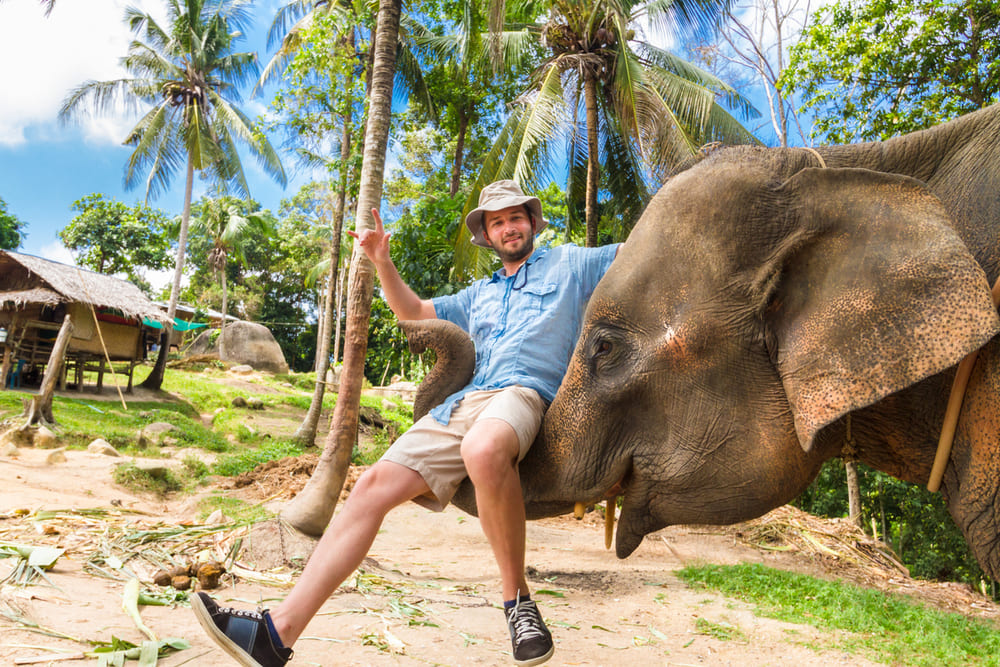
Traveling to Thailand, you should consider what are the risks you might face and also choose the right travel insurance to prevent your trip to become a nightmare.

การเลือกประกันการเดินทางต่างประเทศที่เหมาะกับวีซ่าเชงเก้น ใช้ยื่นเรื่องดำเนินการขอวีซ่าเชงเก้นได้ ประกันการเดินทางคุ้มครองตลอดทริป ทั้งชีวิตและทรัพย์สินของเราอีกด้วย
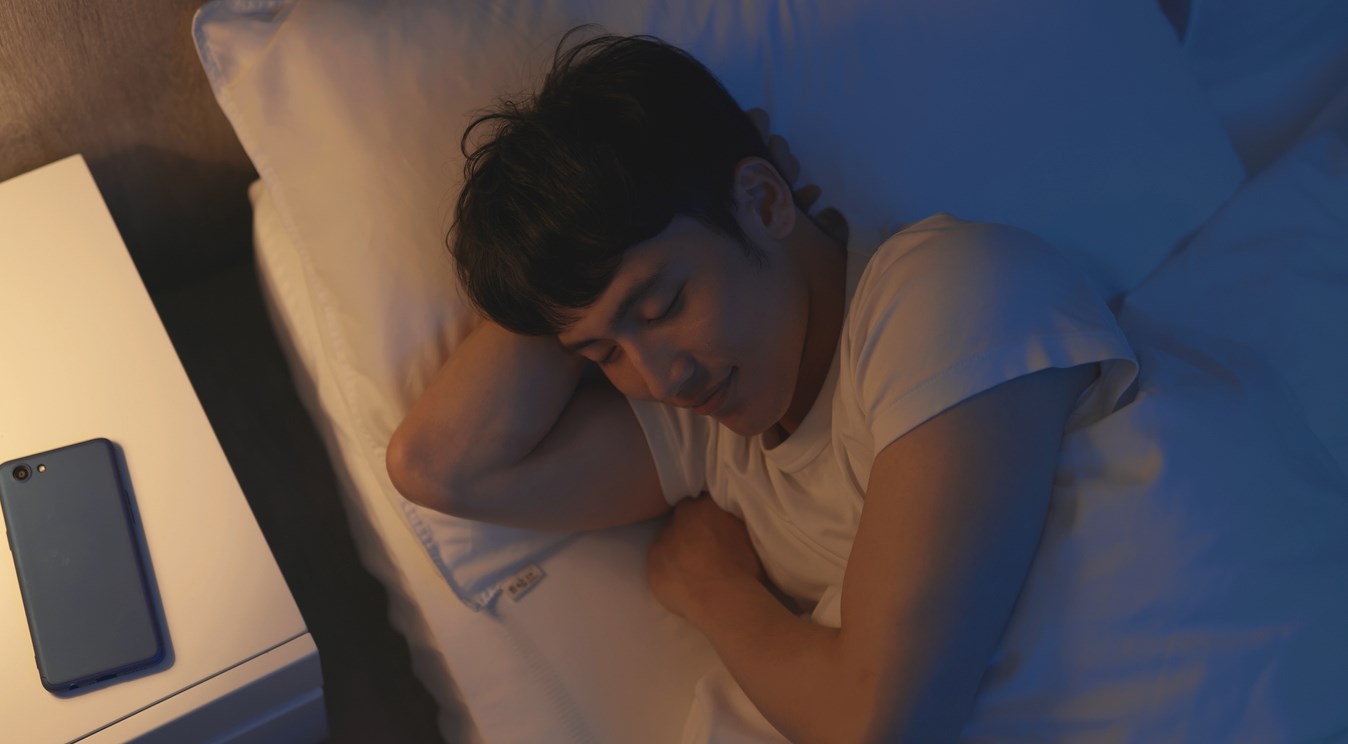
Getting a good night’s sleep is key to staying healthy and well. Yet, roughly 62% of adults worldwide feel that they don’t sleep well when they go to bed.

While planning on visiting Thailand, you should add travel insurance to your budget list. it can be helpful when unexpected things happen. it has more benefits than you think.

การวางแผนซื้อประกันภัยบ้านเป็นสิ่งที่เราต้องรู้หากต้องการซื้อบ้าน การกำหนดเงินเอาประกันก็ถือเป็นเรื่องที่สำคัญ เมื่อหากเกิดเหตุสุดวิสัยแล้ว จะได้ไม่ต้องมารับความเสี่ยงไว้เอง
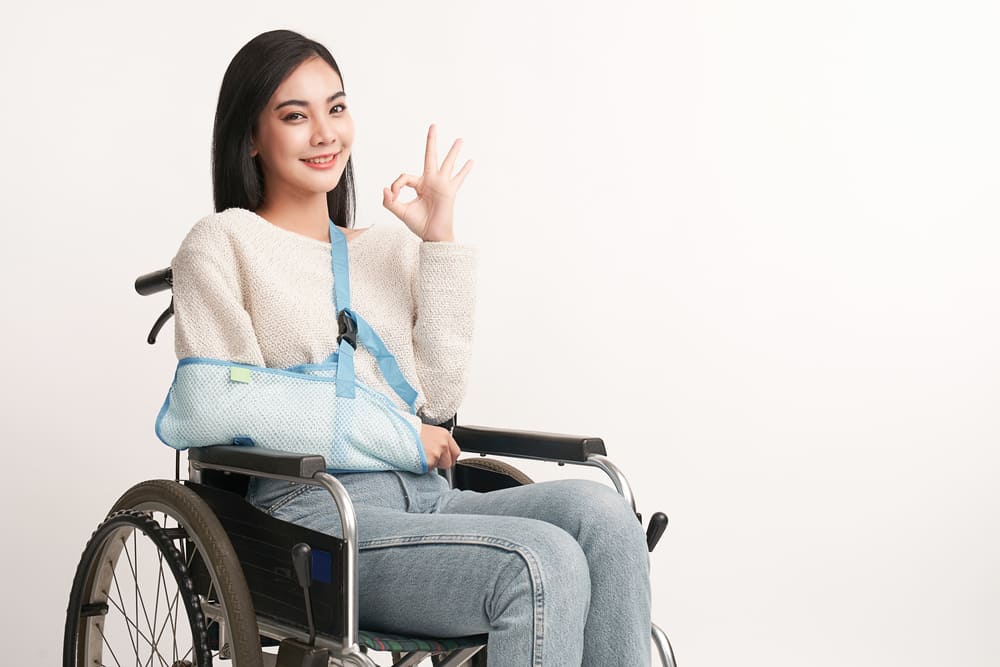
อุบัติเหตุเป็นสิ่งที่คาดเดาไม่ได้ การวางแผนรับมือกับเหตุการณ์ไม่คาดฝันด้วยประกันภัยอุบัติเหตุ จะช่วยดูแลทั้งร่างกายและรายได้ เพิ่มความมั่นใจในการใช้ชีวิตได้อย่างเต็มที่

Have you ever had to wait for hours on end for an appointment after being stuck in traffic, leaving work in a rush? What about calling the medical clinic only to be told that the earliest available appointment is days away?

Many people believe that diabetes exclusively affects obese people, but actually, anyone can get diabetes. Even skinny people with great body shapes can get diabetes.

อุบัติเหตุและเหตุการณ์ไม่คาดฝันเกิดขึ้นได้ทุกเมื่อ การซื้อประกันเดินทางในประเทศถือเป็นตัวช่วยลดความเสี่ยงที่อาจเกิดขึ้นได้ จ่ายเบี้ยน้อย คุ้มครองมาก ทริปสนุกหายห่วงแน่นอน

ค่าใช้จ่ายในการซื้อบ้านไม่ได้มีแค่ราคาบ้านเท่านั้น มาดูกันว่าการซื้อบ้านมีค่าใช้จ่ายอะไรบ้าง เพื่อจะได้เตรียมค่าใช้จ่ายในการซื้อบ้านรวมถึงค่าประกันภัยบ้านให้เพียงพอ

Health care should not cost a fortune, nor should it bankrupt individuals and families. Access to specialist doctors and hospitals should not depend on where you live or financial capacity
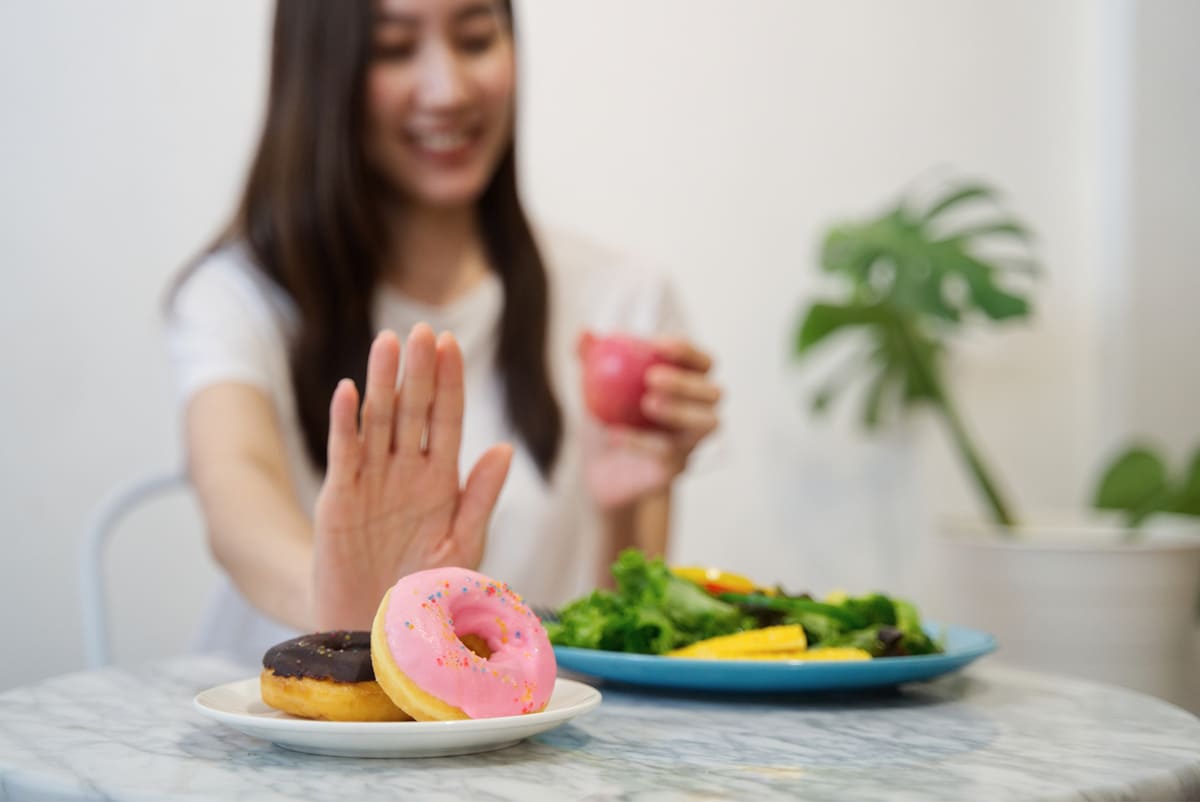
Diabetes is a disease that many people are familiar with; it is a chronic disease that, if diagnosed, can cause a variety of disorders such as kidney disease, heart disease, eye disease, and so on.

Tune Protect Thailand ขอแชร์เคล็ดลับการเลือกซื้อประกันการเดินทางต่างประเทศ เลือกอย่างไรให้คุ้มครองครอบคลุม เพื่อให้ทริปเที่ยวต่างประเทศไม่สะดุดหากเกิดเหตุการณ์ไม่คาดฝัน
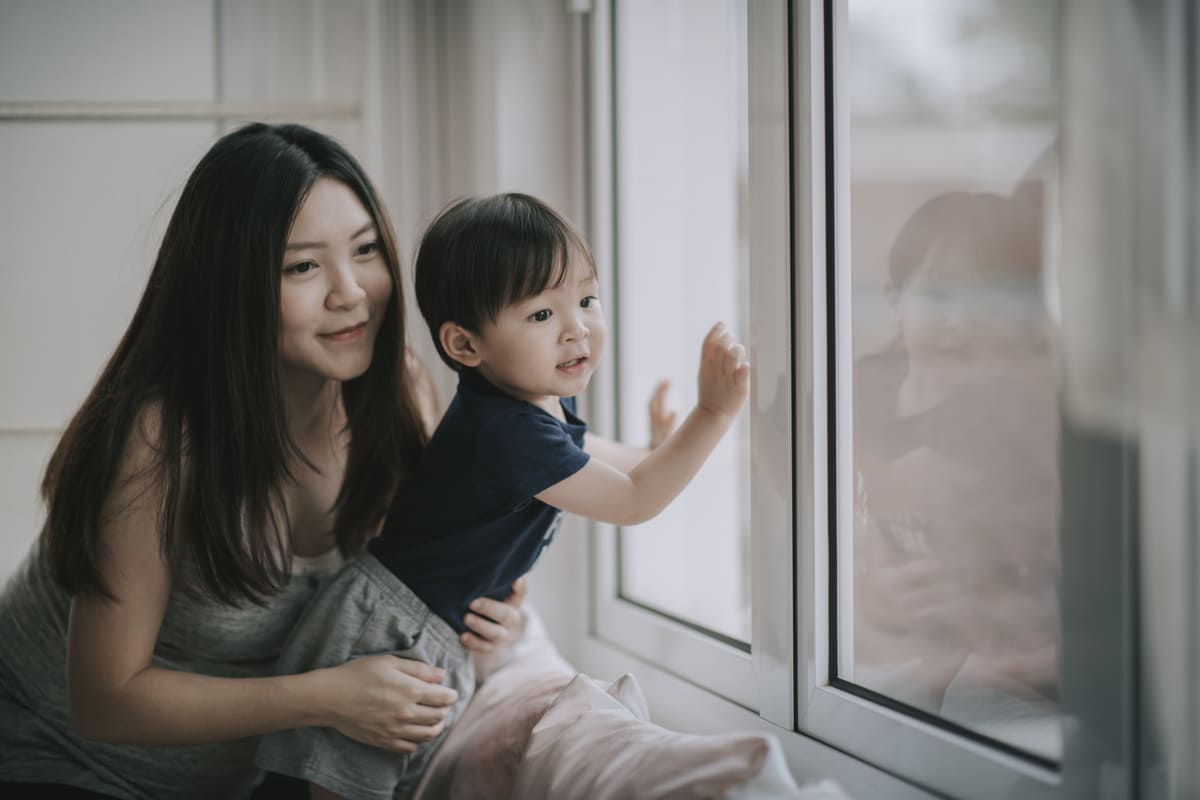
โรคไข้เลือดออกสามารถป้องกันได้หากรู้วิธีการจัดการและดูแลตนเองที่ถูกต้อง รวมถึงการทำประกันเพื่อคุ้มครองโรคไข้เลือดออกโดยเฉพาะ กับประกันภัยไข้เลือดออกจาก TUNE PROTECT
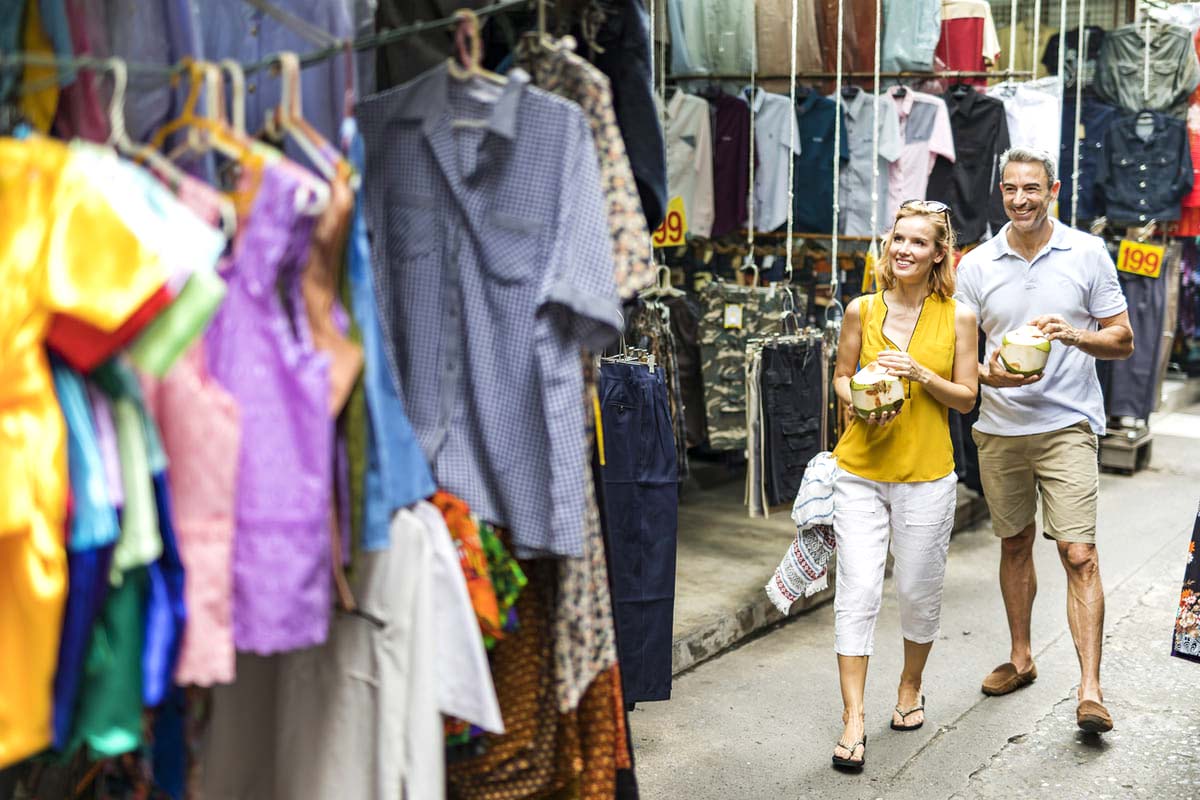
Thailand has finally opened its borders to travelers again without quarantine. But there are some new regulations you have to know before entering the land of paradise.
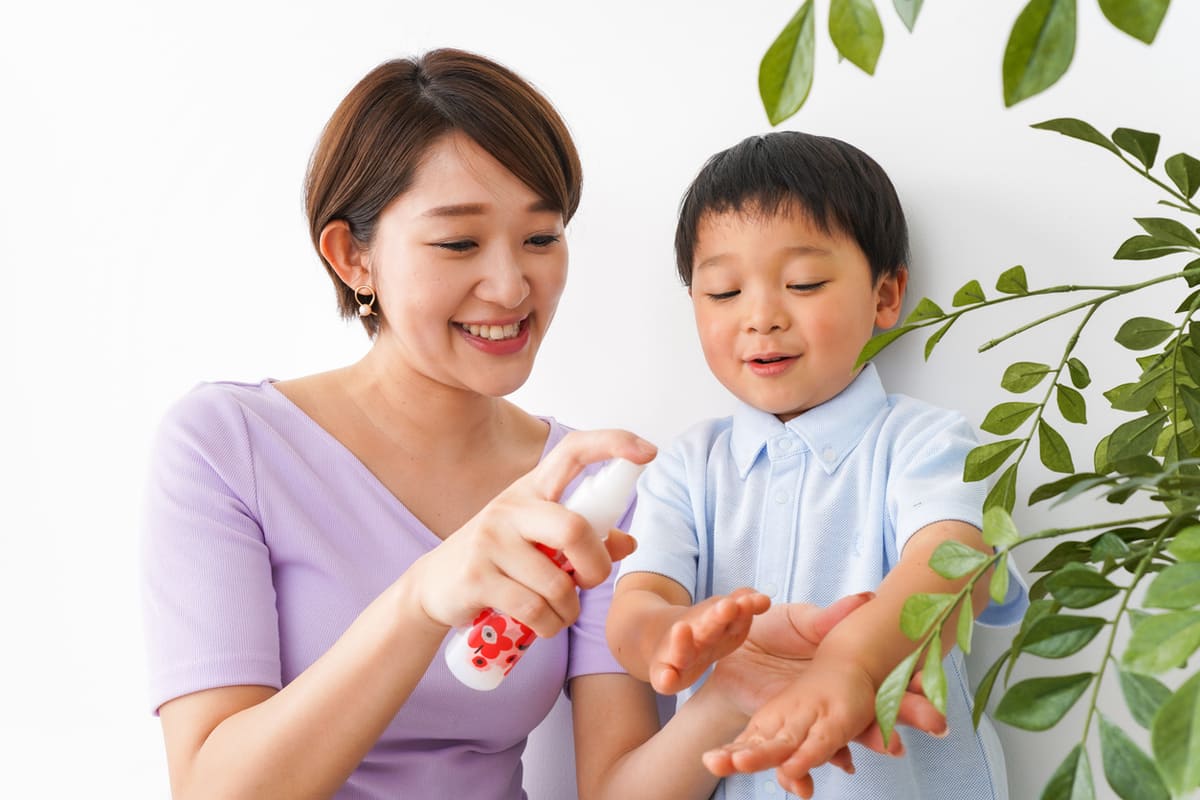
โรคไข้เลือดออกมีโอกาสพบได้ทั้งในเด็กและผู้ใหญ่ และเตรียมผู้ช่วยที่จะดูแลคุณและลูกน้อยให้ดี ด้วยแผนประกันไข้เลือดออก Tune Protect ที่ครอบคลุมโรคร้ายจากยุงลายโดยเฉพาะ

หลายคนอาจมองข้าม ประกันทรัพย์สิน ประกันภัยบ้าน ทั้งที่เป็นแผนประกันที่มีความสำคัญ เพราะกว่าจะเก็บเงินซื้อบ้านได้ไม่ใช่เรื่องง่าย บ้านจึงควรได้รับการดูแลหากเกิดเหตุการณ์ไม่คาดฝัน

Tobacco use causes lung cancer – and 14 other cancers – as well as heart and respiratory diseases that lead to early death. But within only 72 hours of your last cigarette, you will feel the gains!
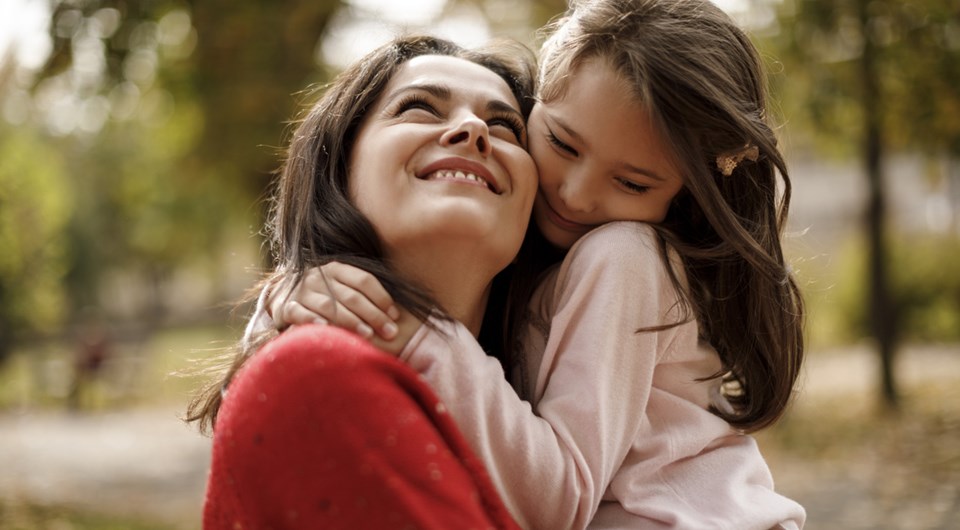
A breast cancer diagnosis can turn the world upside down, and your children’s too. Some dos and don’ts about how to share the news.

Even if your second opinion confirms what was already known, it is still beneficial. You will know that you have done everything you can to ensure that you have the correct diagnosis and a treatment plan that is the best one out there for you.

Wondering when is the best time to visit Thailand? With Thai travel insurance, the sky is the limit. In this article are ideas for you to decide when fits you the best.

Tune Protect Thailand ขอนำเสนอข้อมูลเกี่ยวกับภาวะ Long COVID ว่าคืออะไร มีอาการอย่างไร เพื่อให้ทุกคนได้ทำความเข้าใจ รวมถึงป้องกันความเสี่ยงที่จะเกิดขึ้นได้อย่างทันท่วงที

Tune Protect Thailand ขอเสนอไอเดียการจัดบ้านอย่างไรให้ปลอดภัยสำหรับเด็ก มาฝากคุณพ่อคุณแม่ทุกท่าน เพื่อสร้างพื้นที่ปลอดภัยในบ้านให้คุณหนูทั้งหลายได้ใช้ชีวิตอย่างเต็มที่

You may think it is not possible to have a good time, enjoy good food, and stay physically active while giving yourself a true holiday with fun, rest, and relaxation. You definitely can!

Green is the colour of growth, nature, vibrancy, and renewal. When we see and think of green, we are reminded of the outdoors, of breathing, moving, of life. This could be why the colour of the heart chakra is green.
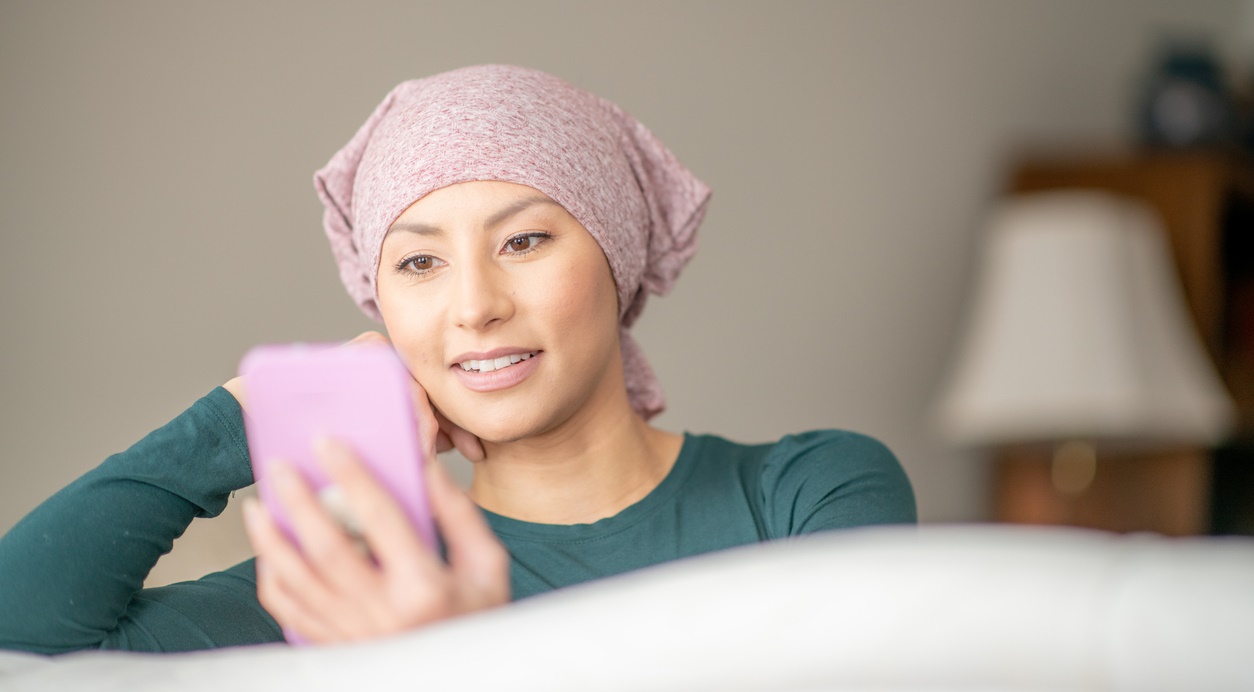
Health care should not cost a fortune, nor should it bankrupt individuals and families. Access to specialist doctors and hospital care should not depend on where you live or your financial capacity.

We link matters of the heart with love and feelings, but it is also important to think about our heart’s physical health and wellbeing.

After the challenges of the last couple of years, the last thing we may be thinking of is to put extra pressure on ourselves by setting a list of New Years resolutions.

The “what if?” fears might begin to cloud the mind of any sensible passenger to the point of saying “is travel really worth it during a pandemic?”

You are impatient to start this long journey according to your moods and your desires. However, have you thought about the unexpected because it is not enough to fill your luggage correctly and book the best addresses

There are those who seek a hotel simply for accommodation, and others who indulge in a touch of extravagance.
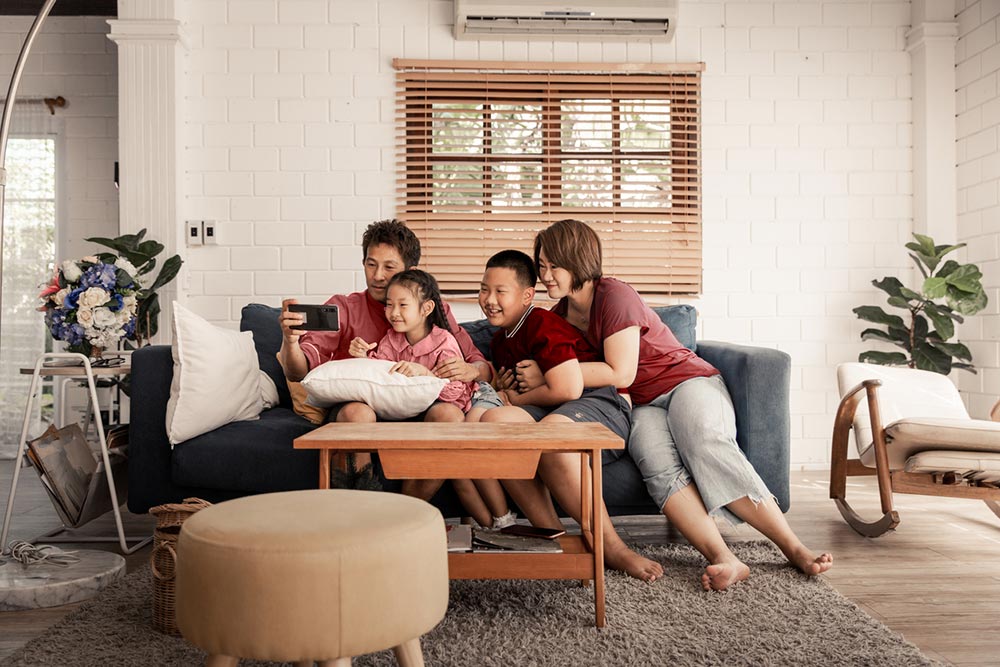
หลายคนที่มีบ้านหรือกำลังจะซื้อบ้านอาจยังไม่รู้จักกับประกันภัยบ้าน และสงสัยว่าทำไมต้องทำประกันภัยบ้าน Tune Protect Thailand ได้รวบรวมข้อมูลเกี่ยวกับประกันภัยบ้านมาฝากกัน

Tune Protect Thailand ขอแนะนำแอปพลิเคชันที่สายท่องเที่ยวควรมีติดเครื่องไว้ พร้อมข้อมูลประกันเดินทางในประเทศ เพื่อให้คุณสามารถท่องเที่ยว ได้อย่างเต็มที่ ไม่เฟล ไม่มีสะดุด

With Thai travel insurance allows you to come to Thailand, there’re many things to do it seems futile to fit in limited days. Here's Top 5 things to should do here.
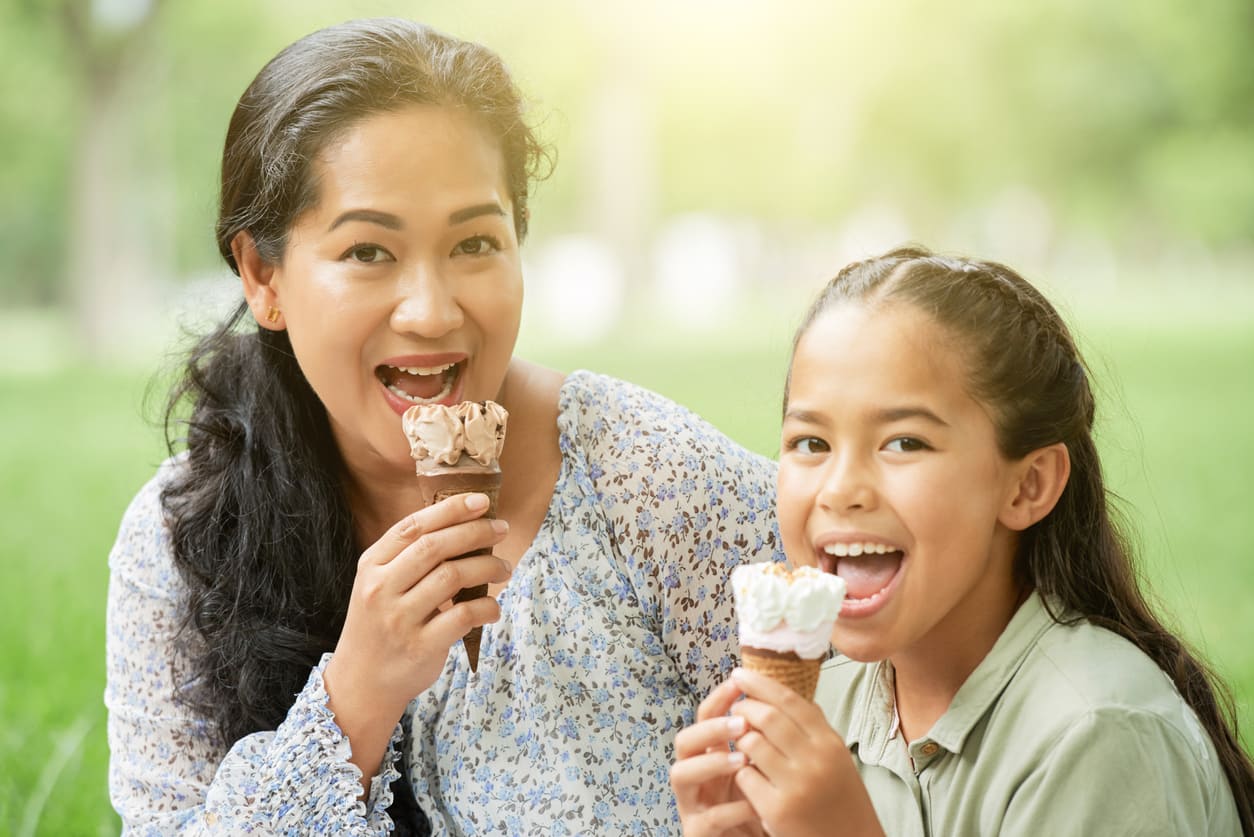
Many people believe that diabetes is simply a disease of the elderly and people who are fat or obese, but diabetes may affect anybody at any age.
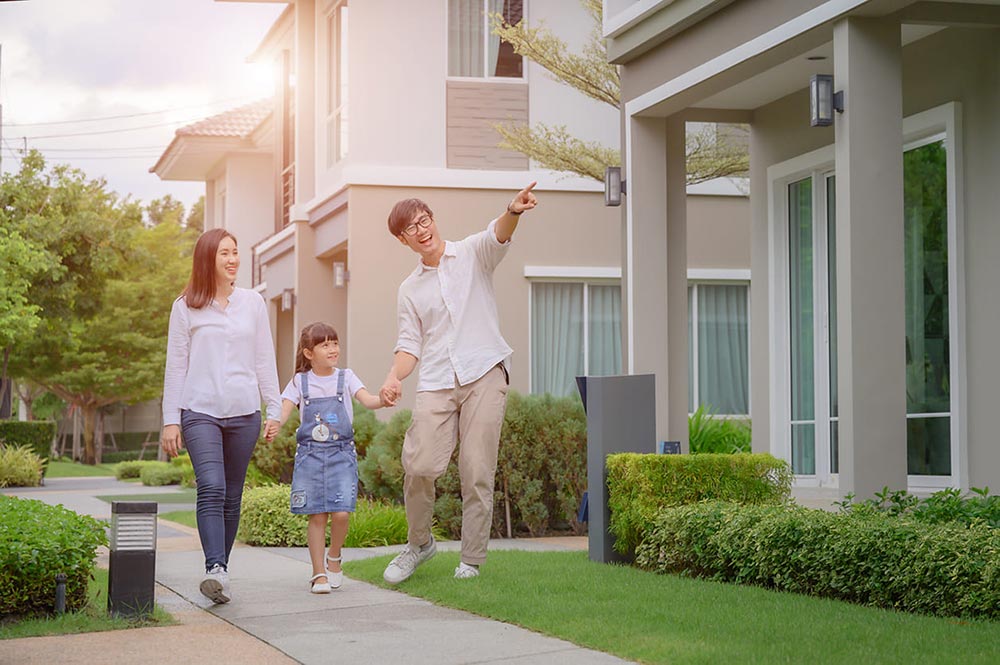
หลายคนอาจคิดว่าประกันภัยบ้านนั้นคุ้มครองแค่เรื่องไฟไหม้ แต่ประกันภัยบ้านมีความคุ้มครองอีกมากที่หลายคนอาจไม่รู้ Tune Protect ขอพาไปดูว่าประกันภัยบ้าน คุ้มครองอะไรบ้าง
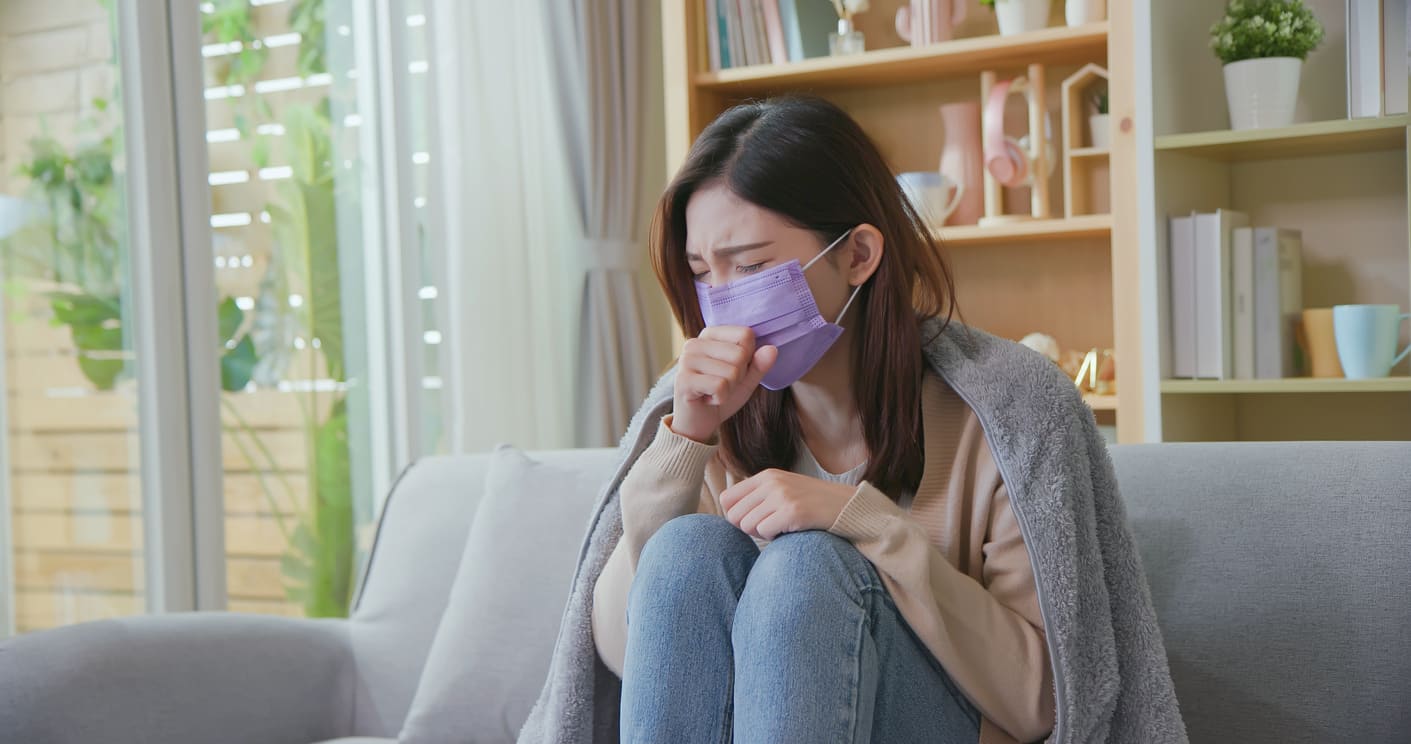
ข้อมูลอาการผู้ป่วยโควิด-19 ระดับเขียว-เหลือง-แดง เพื่อประเมินอาการเบื้องต้นของตัวเองได้ พร้อมแนะนำประกัน covid19 และแนวทางความคุ้มครองเรื่องโควิดในผู้ป่วยแต่ละระดับ

วัคซีน เป็นความหวังในการควบคุมการระบาดของเชื้อไวรัสโควิด-19 ไม่ให้รุนแรงไปมากกว่านี้ คำถามที่ตามมาคือ ฉีดวัคซีนแล้วยังมีโอกาสติดเชื้อ covid-19 ได้อีกหรือไม่ Tune Protect จะพาไปหาคำตอบกัน

เพื่อให้คุณได้รู้และเข้าใจก่อนทำประกันโรคร้ายแรงมากยิ่งขึ้น Tune Protect Thailand รวบรวมคำศัพท์ประกันที่ต้องรู้ก่อนซื้อประกันโรคร้ายแรง มาอธิบายแบบเข้าใจง่าย มาฝากกัน
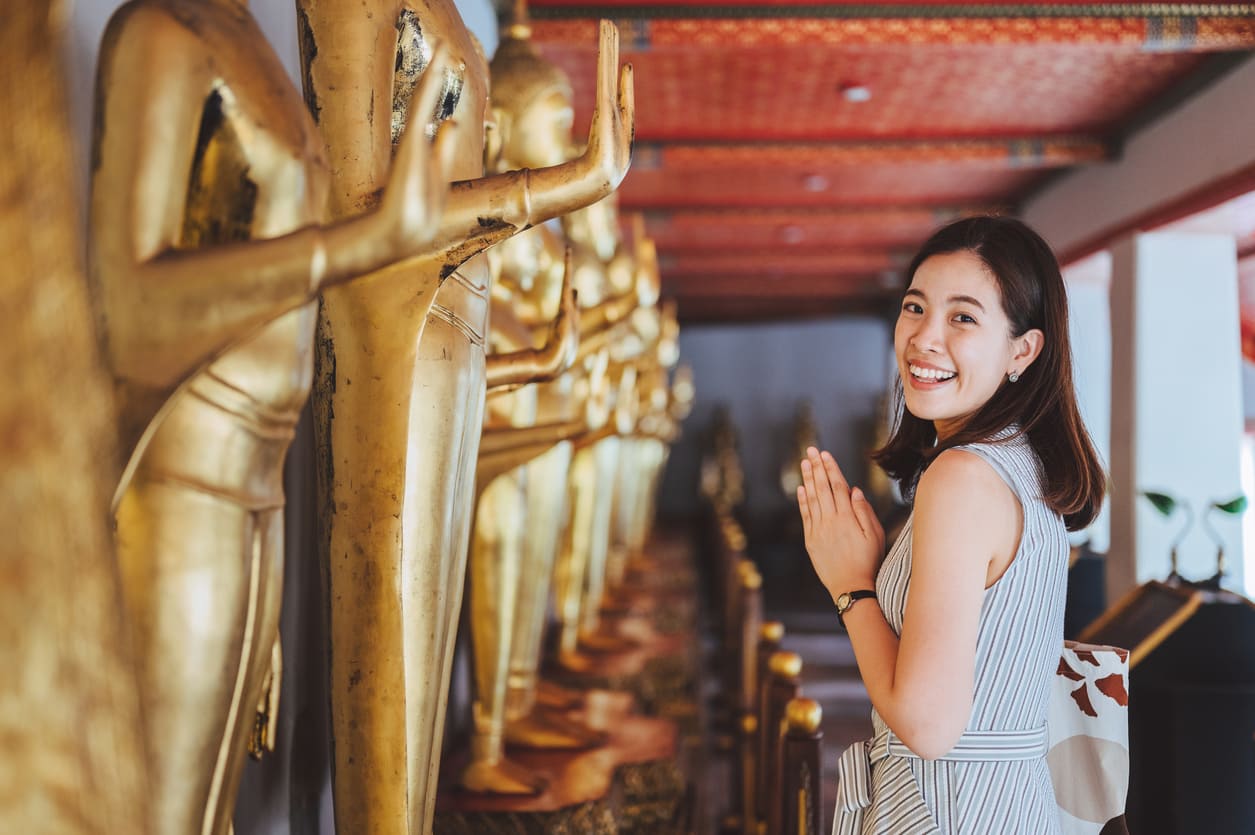
เปิดเคล็ดลับแก้ปีชง 2565 ปีไหนชงบ้าง มีวิธีแก้ชงอย่างไร สถานที่ไหว้แก้ปีชง พร้อมการป้องกันดวงชงจากอุบัติเหตุไม่คาดคิด เพื่อเปลี่ยนปีชงเป็นปีชิลล์ ที่คุณไม่ควรพลาด

Jet lag is a disruption of the body's internal clock due to a sudden change in time zone. It is estimated that three out of four travellers experience negative effects from jet lag: sleep disturbances (especially insomnia)

Travelling to tropical areas can expose you to a number of medical problems or diseases specific to this type of climate.

ประกันมะเร็ง ประกันโรคร้ายแรง มีการคุ้มครองและสิทธิประโยชน์ที่ไม่เหมือนกัน หากคุณยังไม่รู้ว่าควรเลือกประกันแบบไหนดี Tune Protect มีข้อมูลเพื่อช่วยในการตัดสินใจมาฝากกัน

โรคมะเร็งเป็นสาเหตุการเสียชีวิตสูงสุดของคนไทย ประกันมะเร็งจึงเป็นตัวช่วยที่ดีในการดูแลค่าใช้จ่ายที่เกิดขึ้น แล้วประกันมะเร็งควรทำตอนอายุเท่าไหร่ Tune Protect มีคำตอบ

November is commonly known as "Men's Health Month" or "Movember", a creative marketing name whose credit goes to Travis Garone and Luke Slattery, two Australians
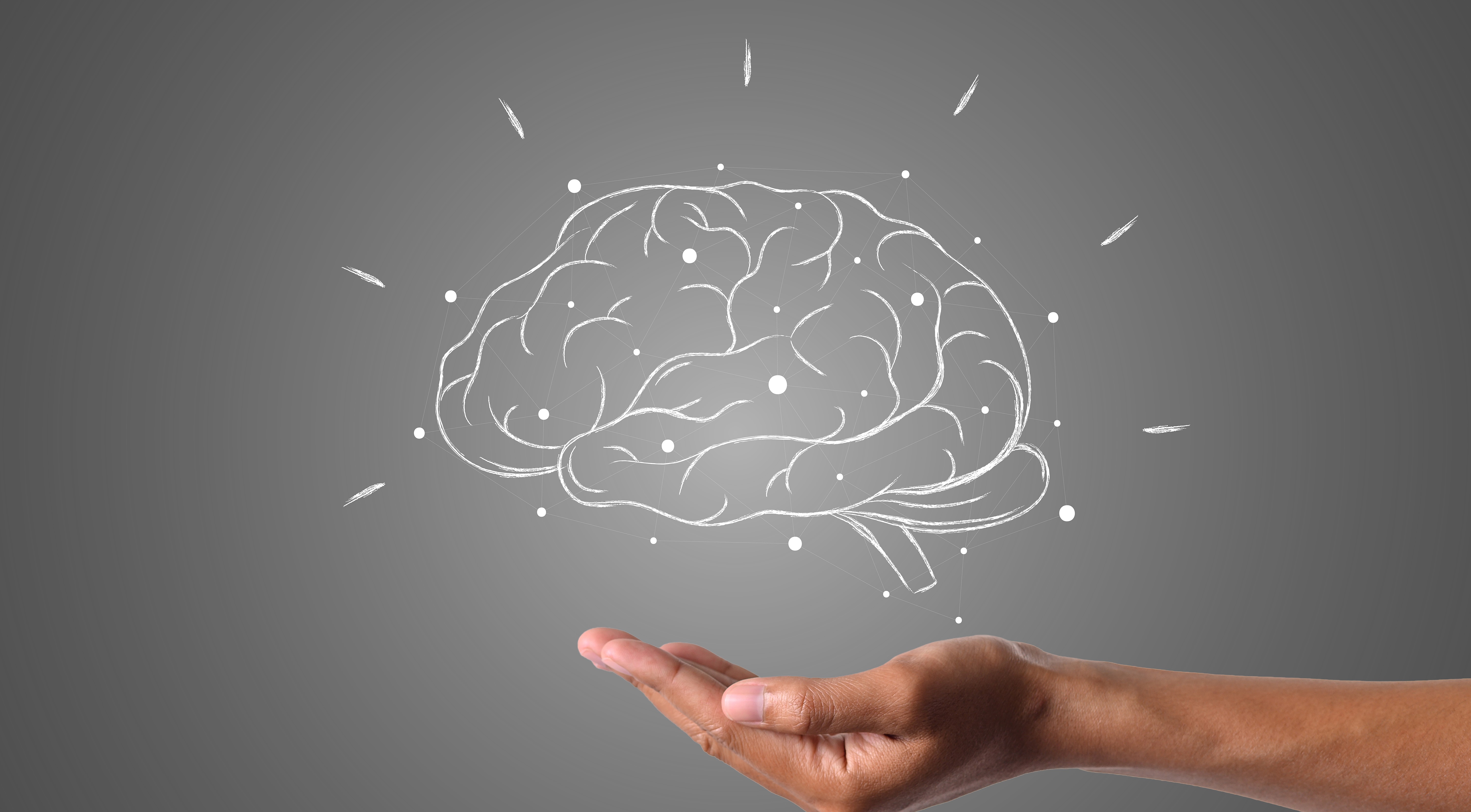
This book lays out the basic choice we have in life when pursuing the important things such as parenting, careers, schooling, and relationships: are we going to adopt a "fixed" mindset or "growth" mindset?

ซื้อประกันภัยโรคร้ายแรงแบบออนไลน์ ต้องรู้อะไรบ้าง Tune Protect Thailand รวบรวมสิ่งที่ต้องรู้ก่อนซื้อเพื่อเป็นข้อมูล และเลือกแผนประกันโรคร้ายแรงที่ตอบโจทย์มากที่สุด
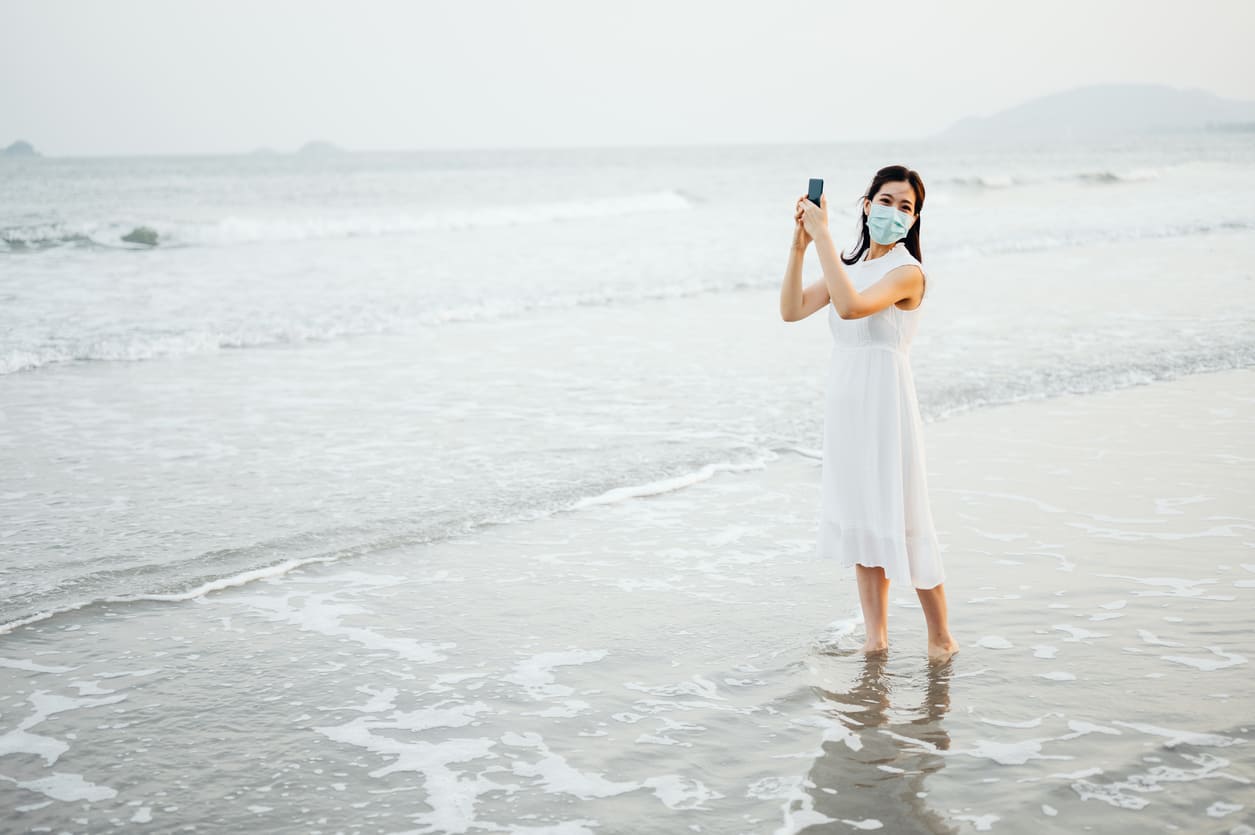
หากคุณวางแผนออกไปท่องเที่ยวเปลี่ยนบรรยากาศ Tune Protect Thailand ขอแชร์เคล็ดลับการท่องเที่ยวแบบ New Normal ที่ให้ความสำคัญกับความปลอดภัยในการใช้ชีวิตมากยิ่งขึ้น

ทำประกันโรคร้ายแรงที่ไหนดี ที่คุ้มครองครอบคลุมและคุ้มค่า เลือกทำประกันโรคร้ายแรงแบบไหนต้องดูที่อะไรบ้าง และแนะนำแผนประกันโรคร้ายแรงที่ตอบโจทย์ในสิ่งที่คุณกำลังมองหา

ผู้สูงอายุอาจเกิดอุบัติเหตุในบ้านเมื่อไหร่ก็ได้ มาดู 5 เคล็ดลับจัดบ้านให้ปลอดภัยสำหรับผู้สูงอายุ ที่จะช่วยให้บ้านของคุณกลายเป็นสถานที่ที่ปลอดภัยสำหรับคนที่คุณรัก
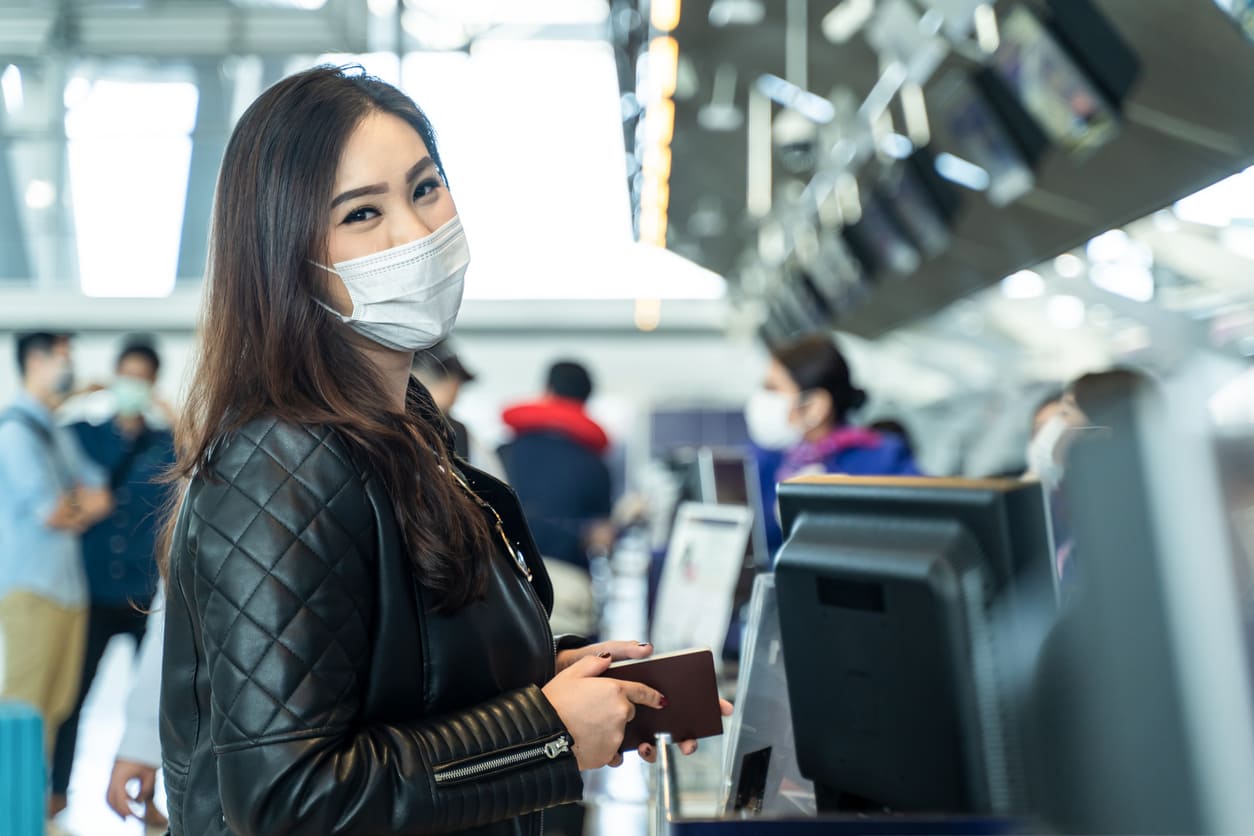
Tune Protect Thailand ขอมาบอกต่อเทรนด์การท่องเที่ยวแบบ The Next Normal หลังโควิด-19 ที่ต้องเน้นเรื่องความปลอดภัยเป็นสำคัญ เพื่อเตรียมตัวท่องเที่ยวกันได้อีกครั้ง

As we begin to realize how COVID will be around long after vaccines are available everywhere, insurers will need to quickly address how we all live with the virus during its endemic stage.

จะเริ่มต้นซื้อประกันโรคมะเร็งต้องทำอย่างไร Tune Protect Thailand ขอตอบข้อสงสัยเกี่ยวกับการซื้อประกันโรคมะเร็ง พื่อให้ทุกคนได้พิจารณาเลือกแผนประกันมะเร็งที่คุ้มค่า

Travel on a budget with Thai visa insurance and afraid you might spend too much? Dont worry! We have some trips for you to save costs while you're in the country.

อุบัติเหตุเกิดขึ้นได้ทุกที่ทุกเวลา ระหว่างการทำงานก็สามารถเกิดอุบัติเหตุได้ รับมือทุกความเสี่ยงด้วย ประกันอุบัติเหตุส่วนบุคคล PA Choice Care ที่ไม่ว่าจะเจ็บแค่ไหนก็ยังยิ้มได้

It may not be surprising to learn that many people do not have a personal health journey. Health is something that just happens. But the pandemic is changing this.
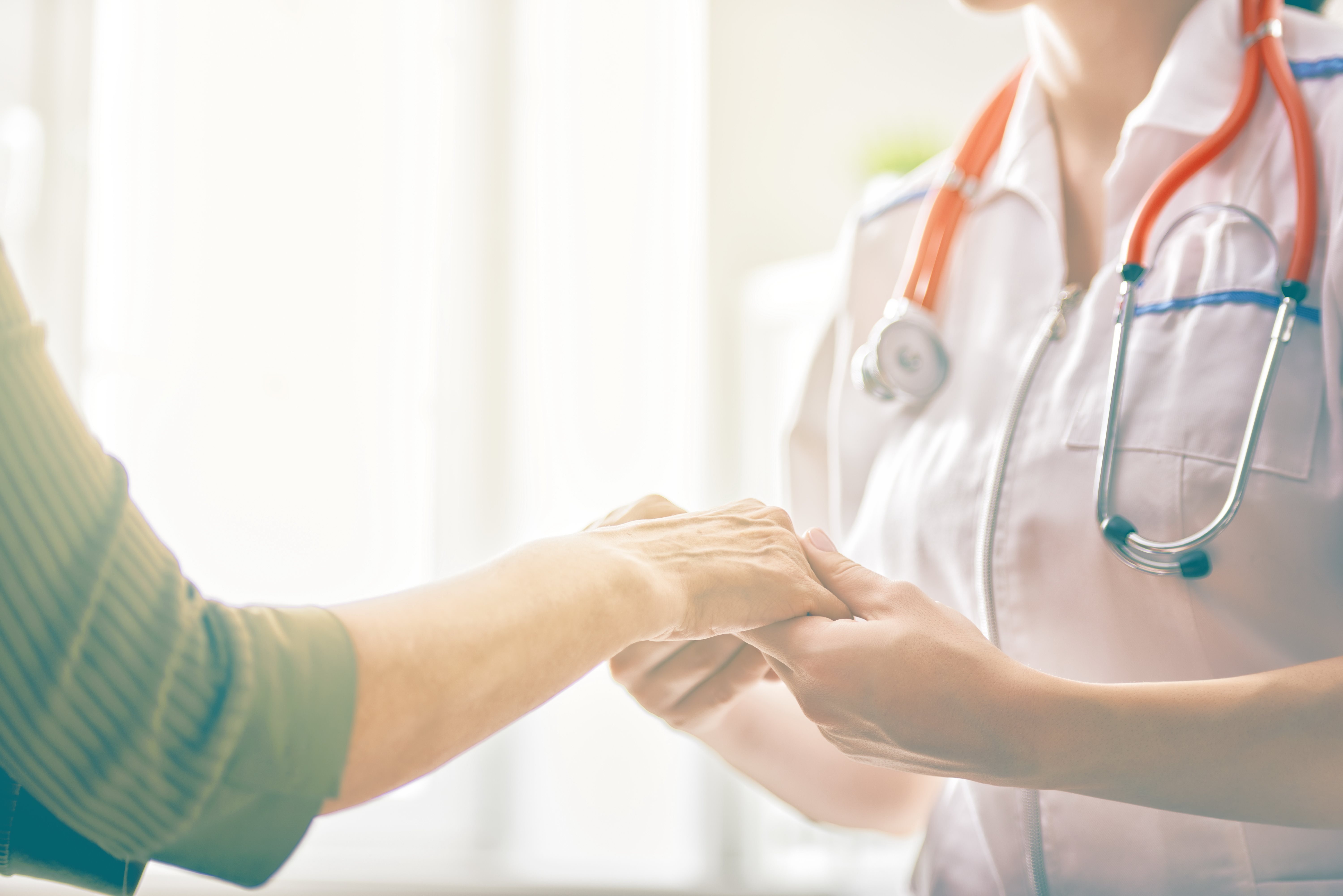
It is defined as an incorrect, incomplete, or delayed diagnosis and some estimates suggest it is responsible for more deaths each year than breast cancer.

วัยเด็กอาจเสี่ยงจากอุบัติเหตุได้ง่ายกว่าช่วงวัยอื่น Tune Protect จึงจะมาแชร์ข้อมูล ความสำคัญของการมีประกันอุบัติเหตุเด็ก ที่จะช่วยดูแล คุ้มครอง ทุกกิจจกรรมของลูกคุณ
หลายคนอาจไม่รู้ว่าประกันเดินทางในประเทศจำเป็นแค่ไหน นอกจากเพิ่มความปลอดภัยและอุ่นใจมากกว่าแล้ว ประกันเดินทางในประเทศจาก Tune Protect ที่ให้ความคุ้มครองยาวตลอดทริป
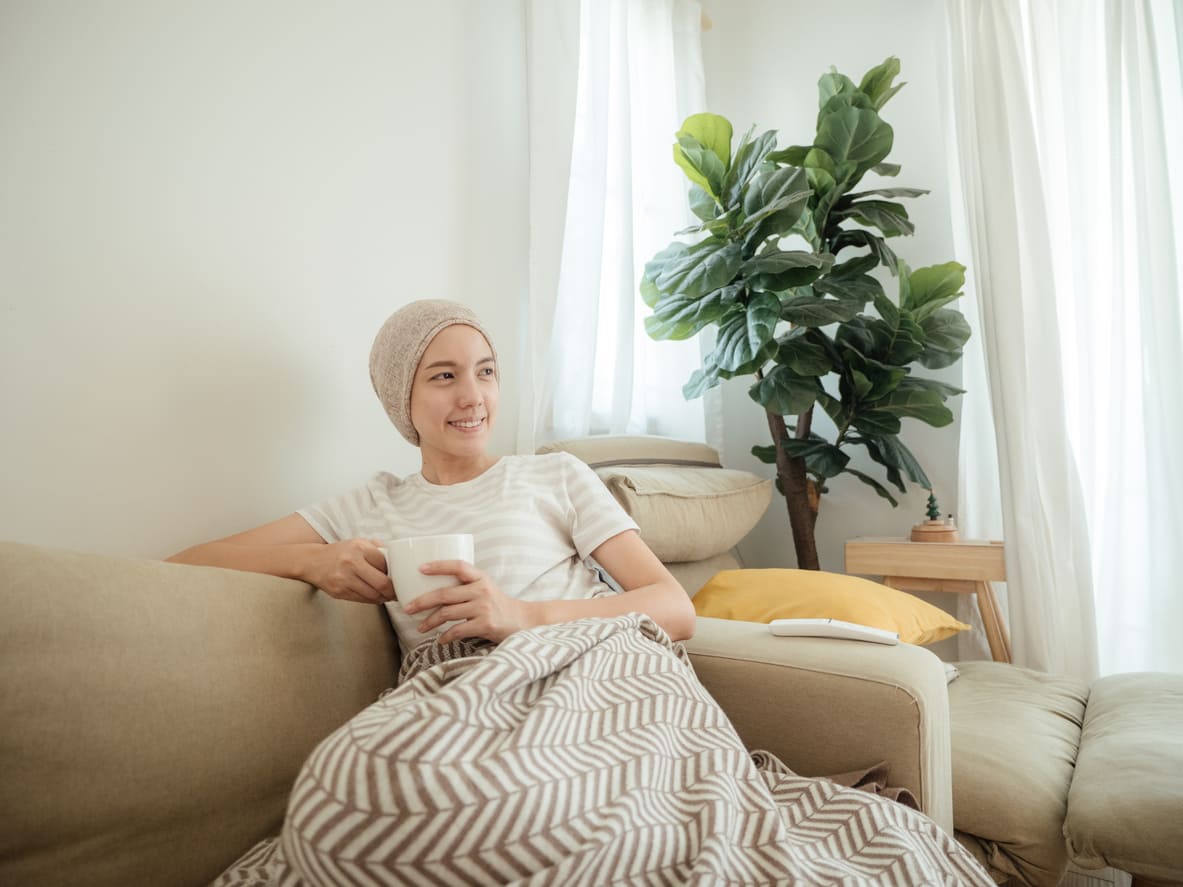
โรคร้ายแรงคงไม่มีใครอยากเป็น หากคุณกำลังมองหาประกันคุ้มครองโรคร้าย เพื่อวางแผนรับมือความเสี่ยงที่อาจเกิดขึ้น Tune Protect ขอพาไปดูว่าโรคร้ายแรงอะไรบ้างที่ประกันจะดูแล

เมื่อต้องเดินทางไปต่างประเทศ วางแผนเตรียมพร้อมรับมือกับเหตุไม่คาดคิด ด้วยประกันภัยเดินทางต่างประเทศ การเดินทางครั้งหน้าของคุณก็จะไม่ต้องเจอเรื่องยุ่งยากอีกต่อไป

สิ่งที่ควรพิจารณาเมื่อเลือกซื้อประกันโรคร้าย ประกันโรคร้ายแรง ที่ไหนดี หรือจะเลือกแผนประกันที่คุ้มค่าได้อย่างไร Tune Protect Thailand ขออาสาแชร์ข้อมูลที่เป็นประโยชน์

As Phuket and Koh Samui are opened up again, there're more rules and visa requirements to follow. Travel insurance is a must and will make your trip smoother.
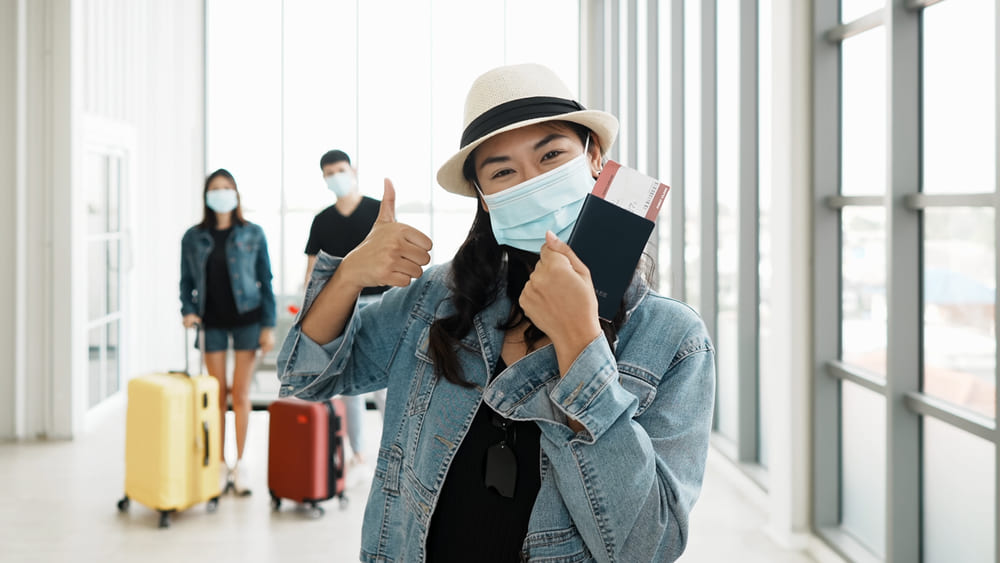
เตรียมความพร้อมด้วย 7 สิ่งจำเป็นตามที่แนะนำ พร้อมทำประกันภัยเดินทางต่างประเทศ การเดินทางไปต่างประเทศในช่วงสถานการณ์โรค COVID-19 ระบาด ก็ไม่ใช่เรื่องน่ากังวลอีกต่อไป

หากร่างกายส่งสัญญาณแจ้งเตือนเหล่านี้ คุณอาจเสี่ยงเป็นโรคมะเร็ง ควรรีบปรึกษาแพทย์และเตรียมวางแผนรับมือกับค่าใช้จ่ายด้วย ประกันโรคมะเร็ง เพื่อคลายกังวลจากโรคร้ายในอนาคต

การ work แบบไร้ balance ของชาวออฟฟิศ อาจส่งผลร้ายต่อร่างกายมากกว่าที่คิด วันนี้ Tune Protect Thailand จะพาไปทำความรู้จักกับ 5 โรคร้ายที่อาจเกิดขึ้นได้หากเราไม่ดูแลตัวเอง
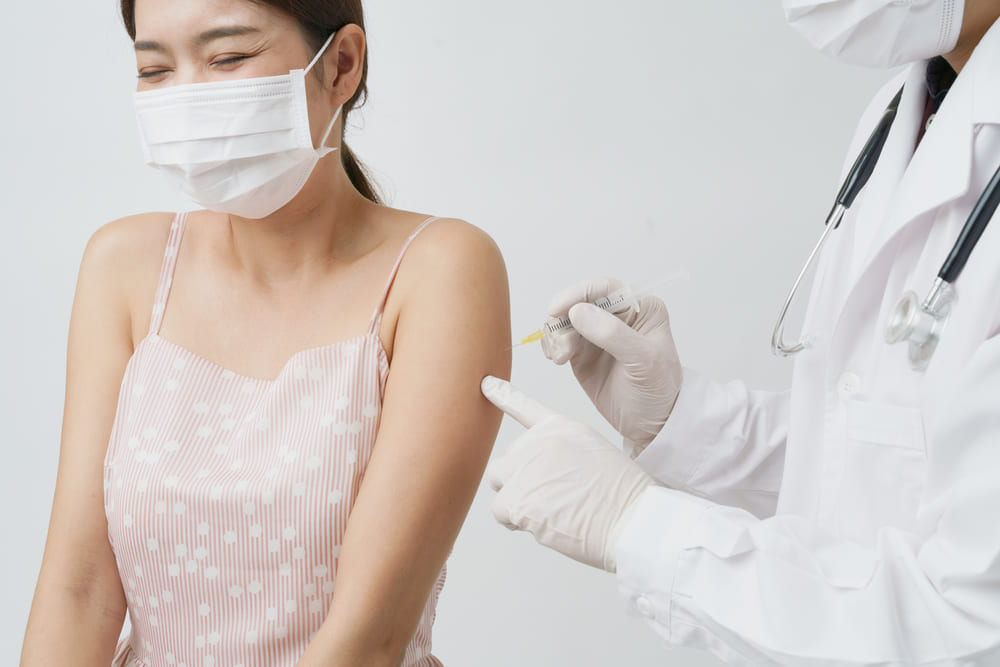
ข้อแนะนำในการเตรียมตัวให้พร้อมทั้งก่อนและหลังการฉีดวัคซีนโควิด-19 พร้อมข้อมูลความคุ้มครองของประกันแพ้วัคซีนและโควิด เพื่อจะได้คลายความกังวลและปฏิบัติตัวอย่างถูกต้อง

อย่าให้ความกังวลมาหยุดการใช้ชีวิต ออกไปเติมไฟด้วยการทำกิจกรรมสุดฮิต มีไลฟ์สไตล์สุดคูล และให้ ประกันภัยอุบัติเหตุส่วนบุคคล PA Choice Care จาก Tune Protect ช่วยดูแล

This is what you need to know about travel insurance before you begin your journey, for you to make a decision to get one that suits your need the best.
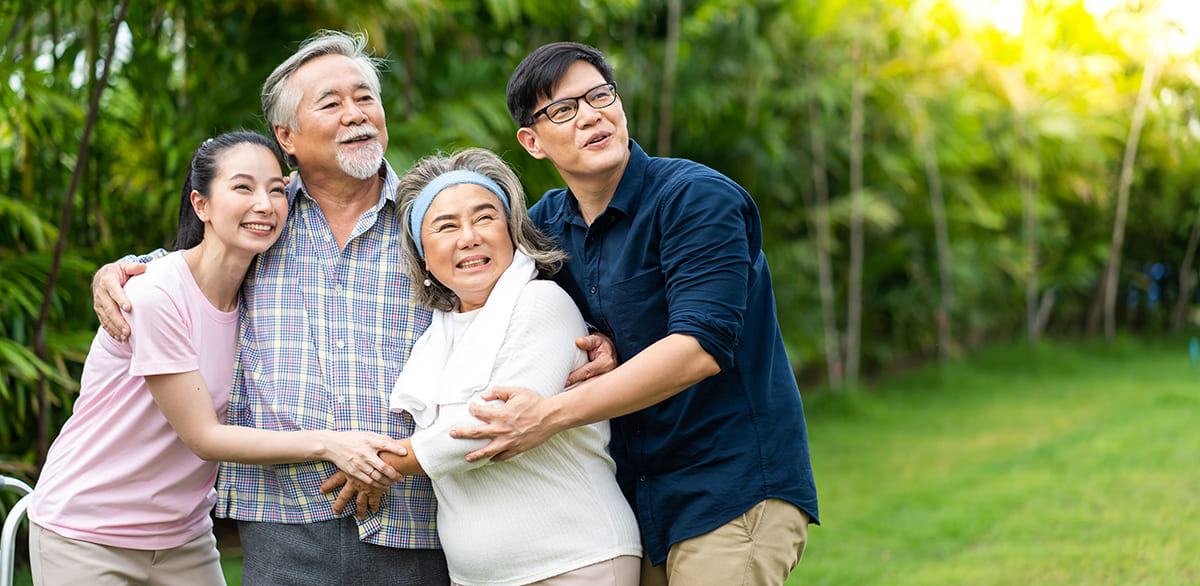
เหตุไม่คาดฝันเกิดขึ้นกับพ่อแม่ของเราได้เสมอ การทำประกันอุบัติเหตุผู้สูงอายุจึงสำคัญ ก่อนซื้อประกันอุบัติเหตุให้พ่อแม่ เราต้องดูอะไรบ้าง ตาม Tune Protect ไปดูกันเลย
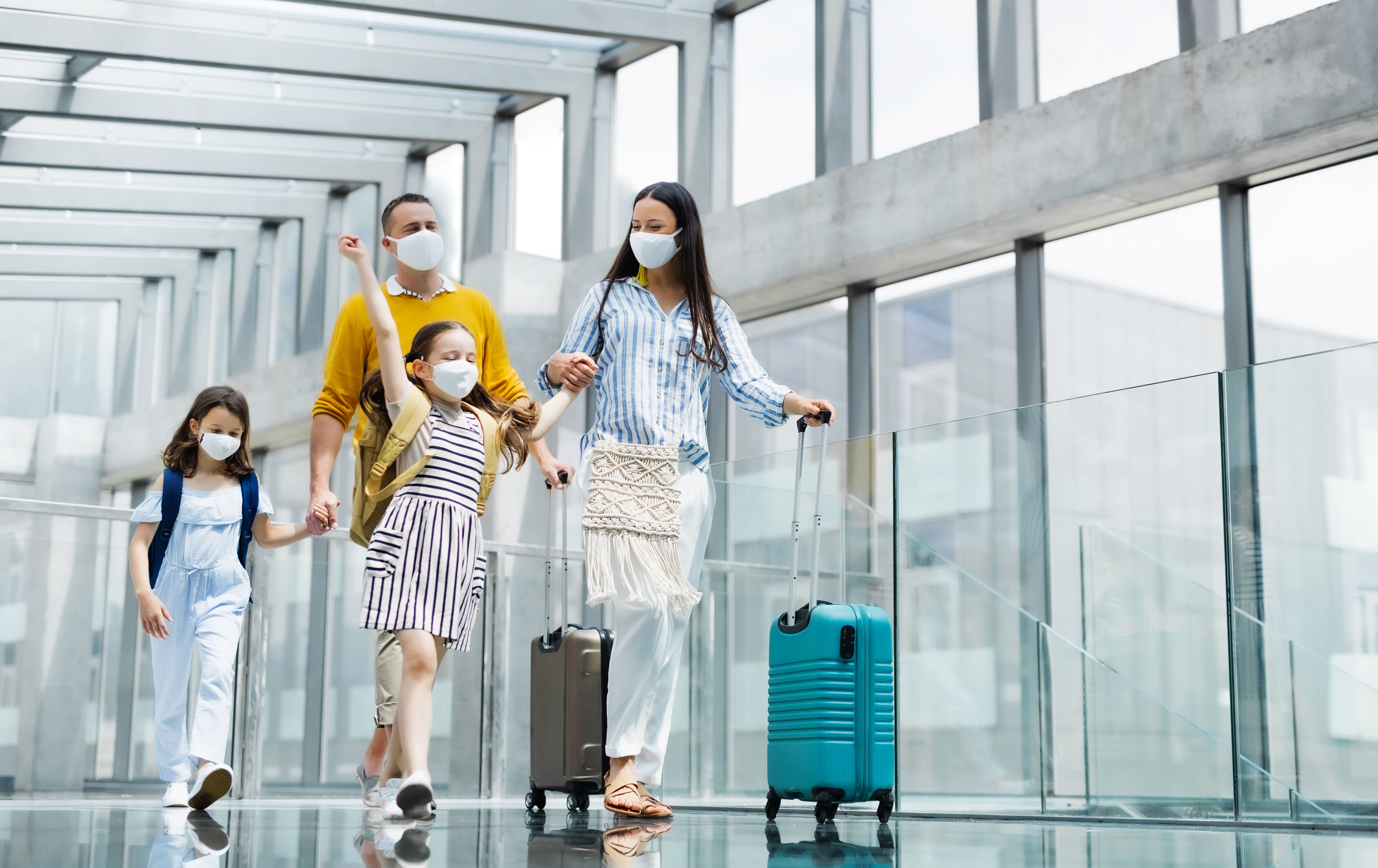
The covid-19 situation is getting worse in thailand, in order to get thai visas, health insurance is needed. it's better to have a reliable insurance to help you save money.
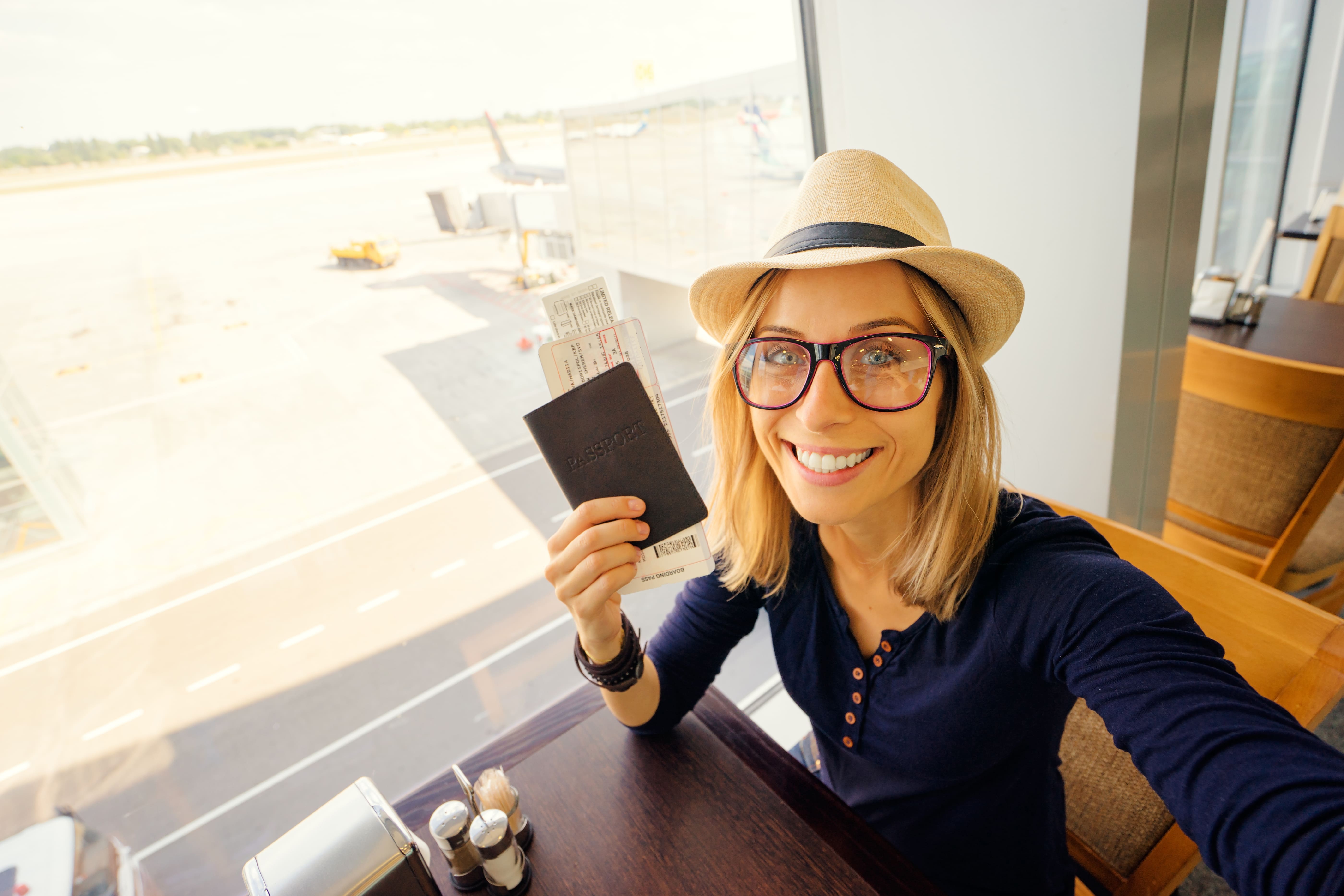
Before getting a Thai visa, please make sure you get the travel insurance which covers covid 19, learn about types of visa and prepare the required documents.

5 สถานที่เที่ยวเมืองไทย ที่จะทำให้คุณรู้สึกเหมือนได้ไปเที่ยวเมืองนอก ท่องเที่ยวได้เต็มที่ ส่วนการรับมือกับเรื่องไม่คาดฝันให้ ประกันเดินทางในประเทศ Tune Protect ดูแล

Nowadays people get everything done via the internet because it's easier and so much quicker. To get Thailand travel insurance online, follow this simple 4 steps.
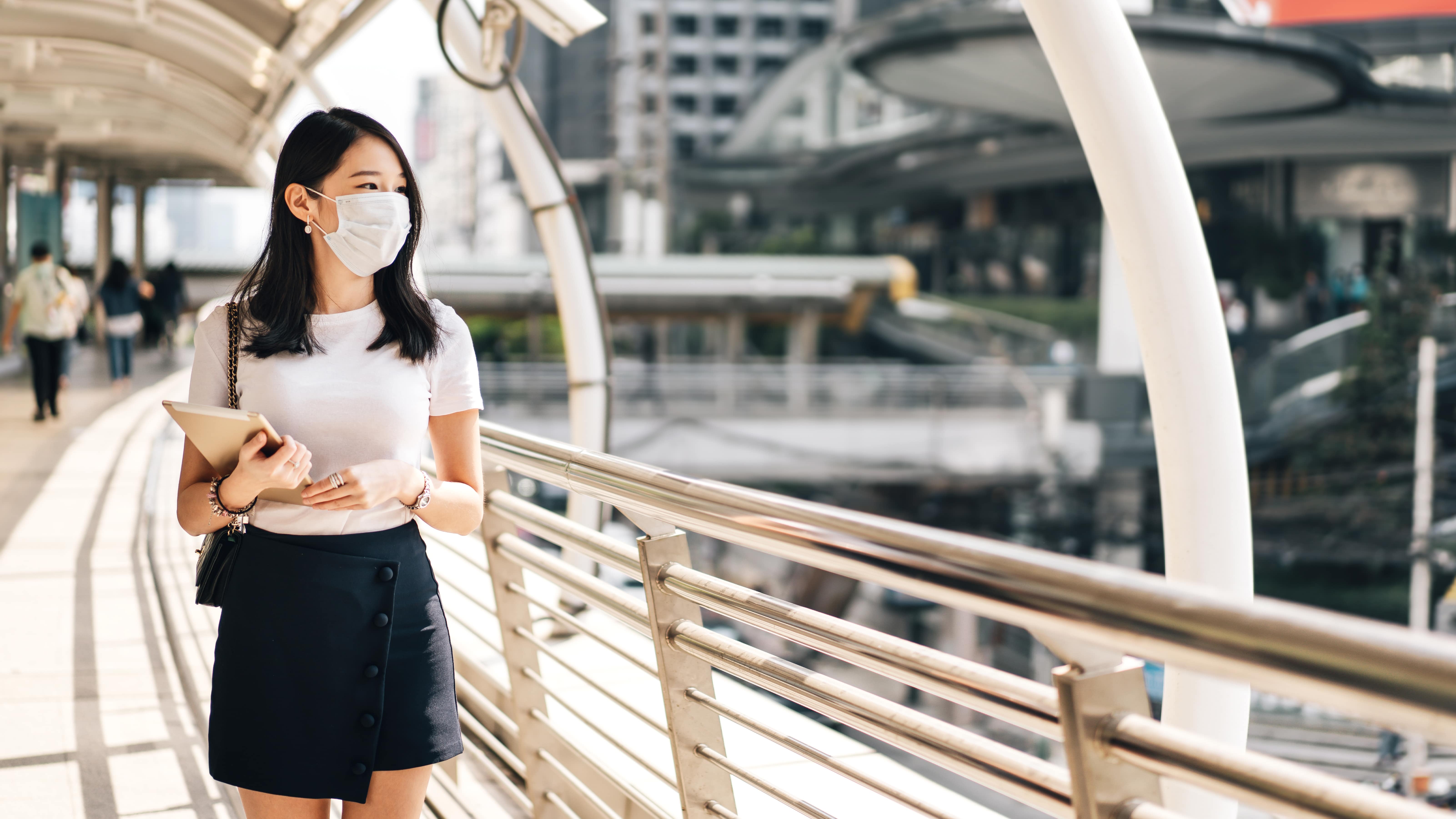
หลายคนที่เคยซื้อประกัน COVID-19 แบบรายปีเอาไว้ และใกล้จะหมดความคุ้มครอง Tune Protect Thailand ขอแชร์ข้อมูลดีๆ ที่ต้องรู้ก่อนต่ออายุประกัน COVID-19 มาฝาก

Let us introduce you about Thailand visa requirement. You will know all about which visa and insurance suits you the best during the pandemic.
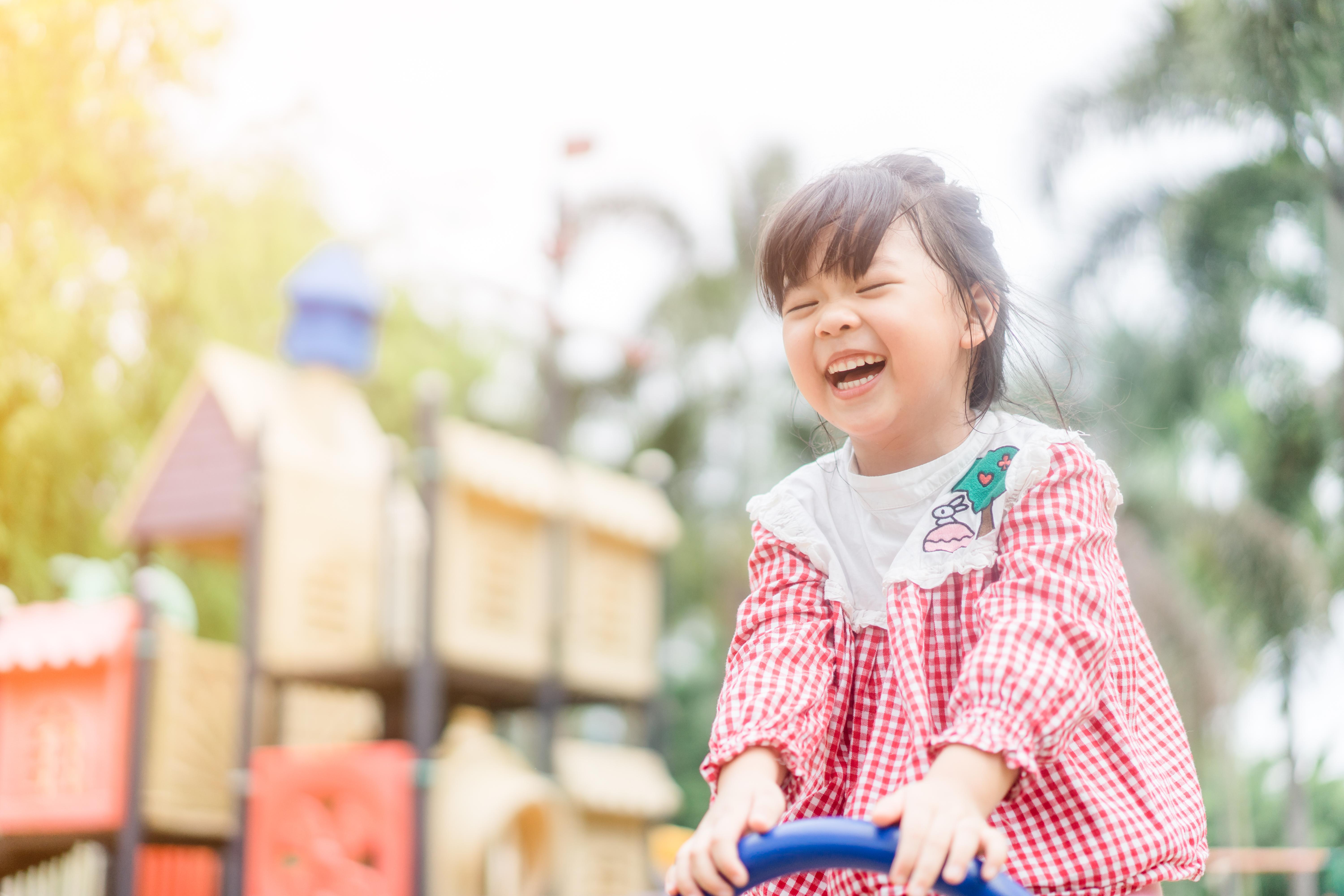
อุบัติเหตุอาจเกิดกับลูกรักของคุณได้หากไม่ระวัง ปล่อยให้ลูกสนุกได้อย่างเต็มที่ ส่วนเรื่องไม่คาดฝันให้ประกันอุบัติเหตุเด็ก PA Choice Kids ช่วยดูแลลูกรักของคุณ
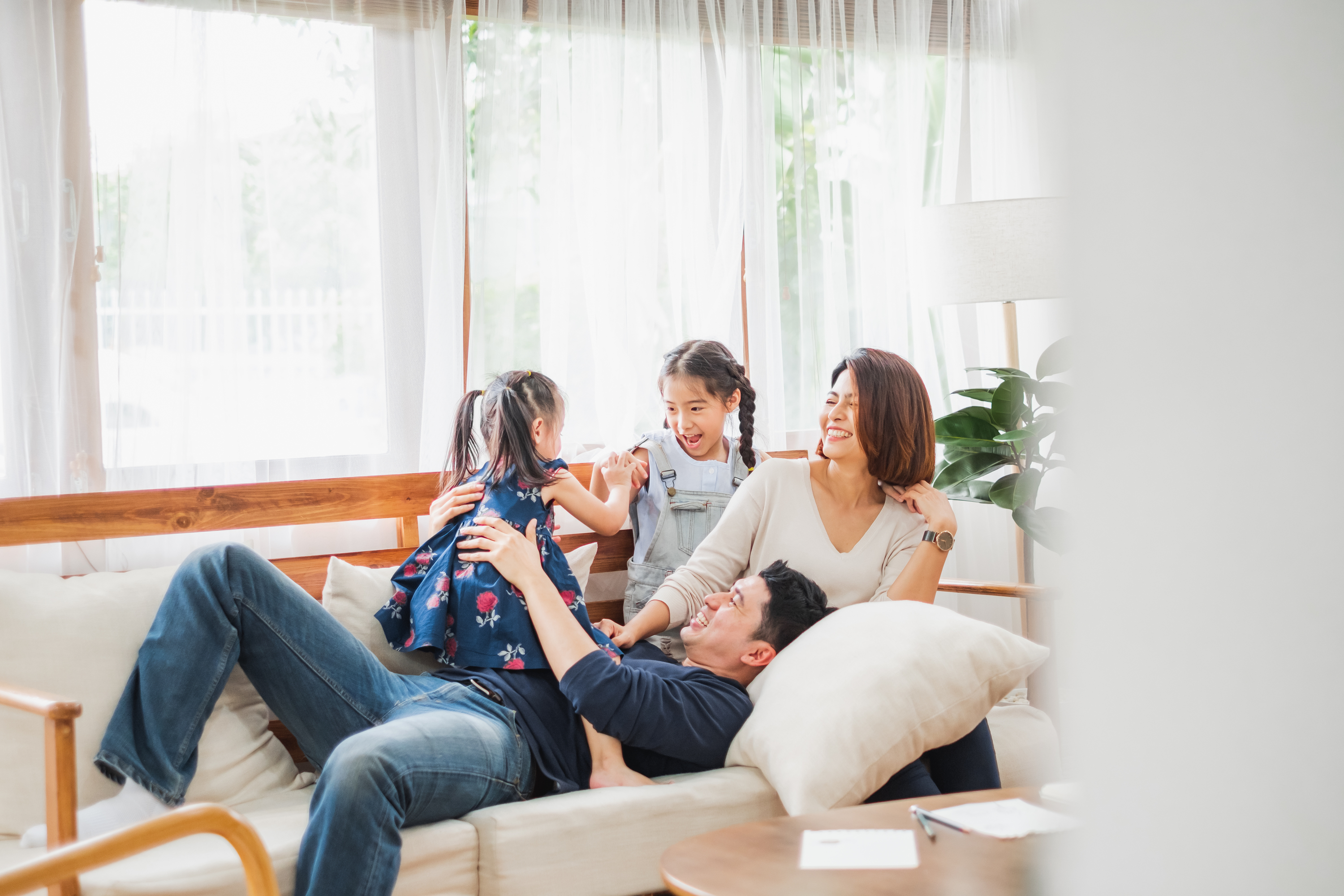
เลือกประกันอุบัติเหตุอย่างไรให้เหมาะกับทุกคนในครอบครัว
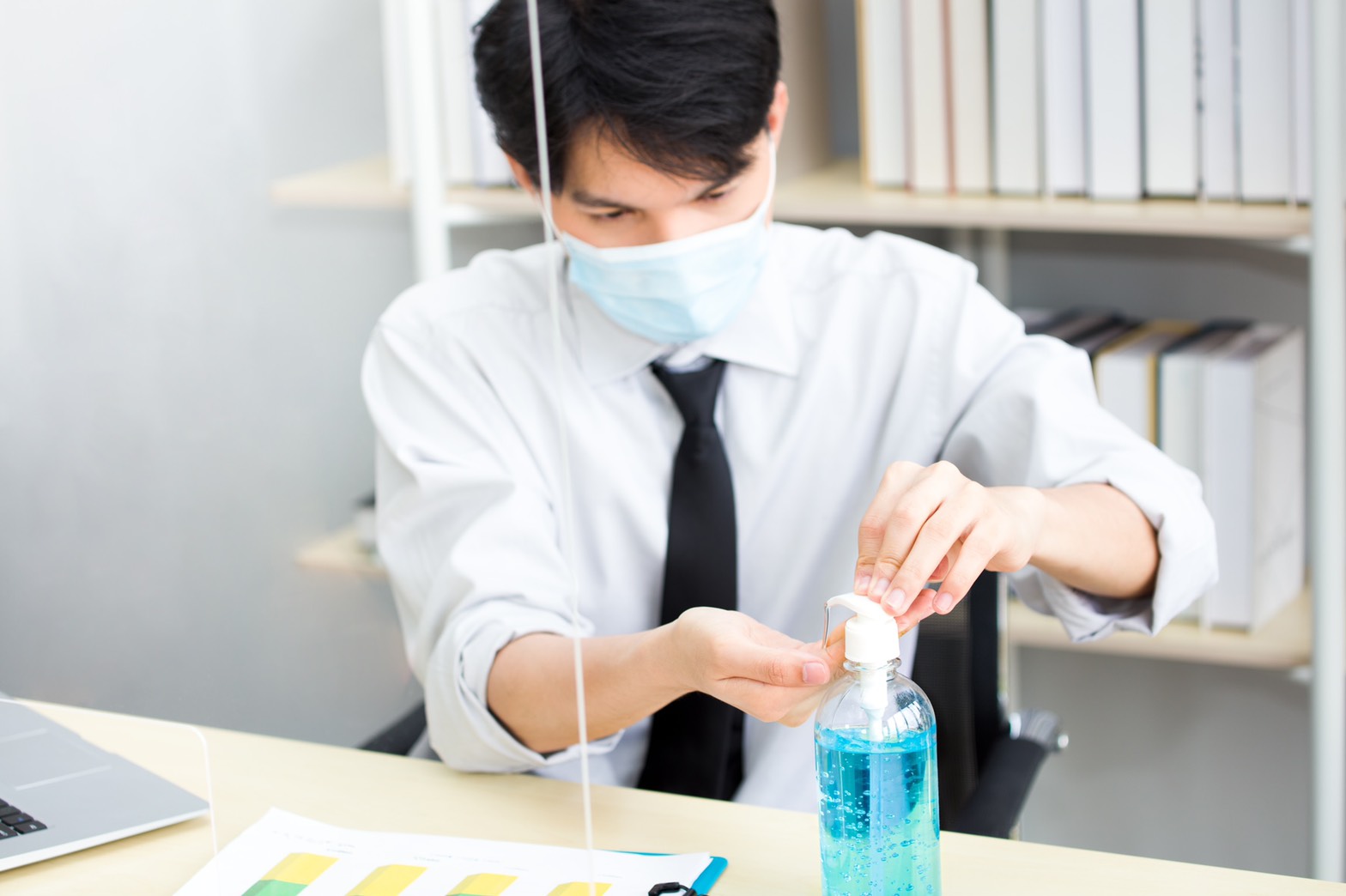
มารู้จักประกัน COVID-19 ประกันยุคใหม่ที่ทุกคนควรมี